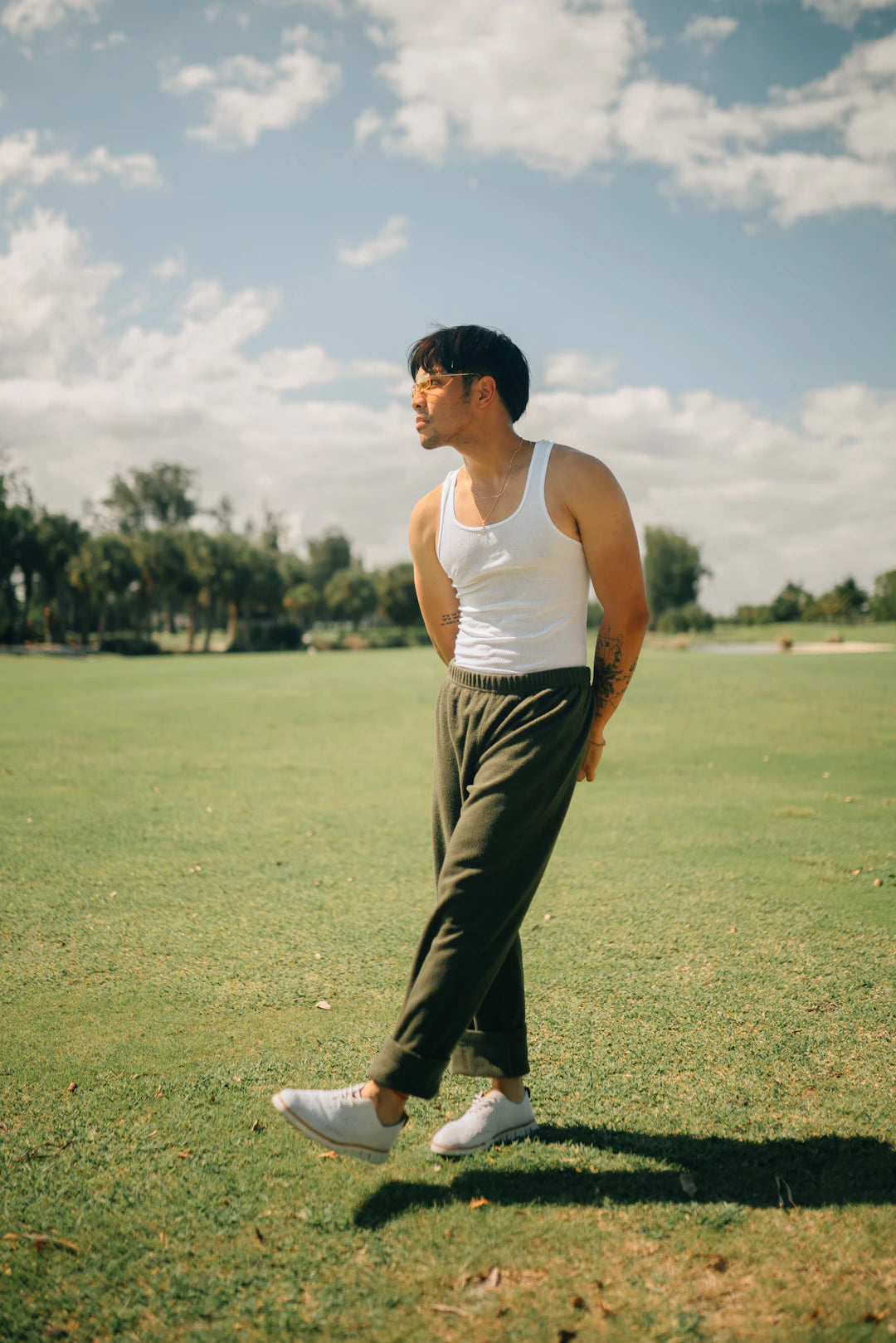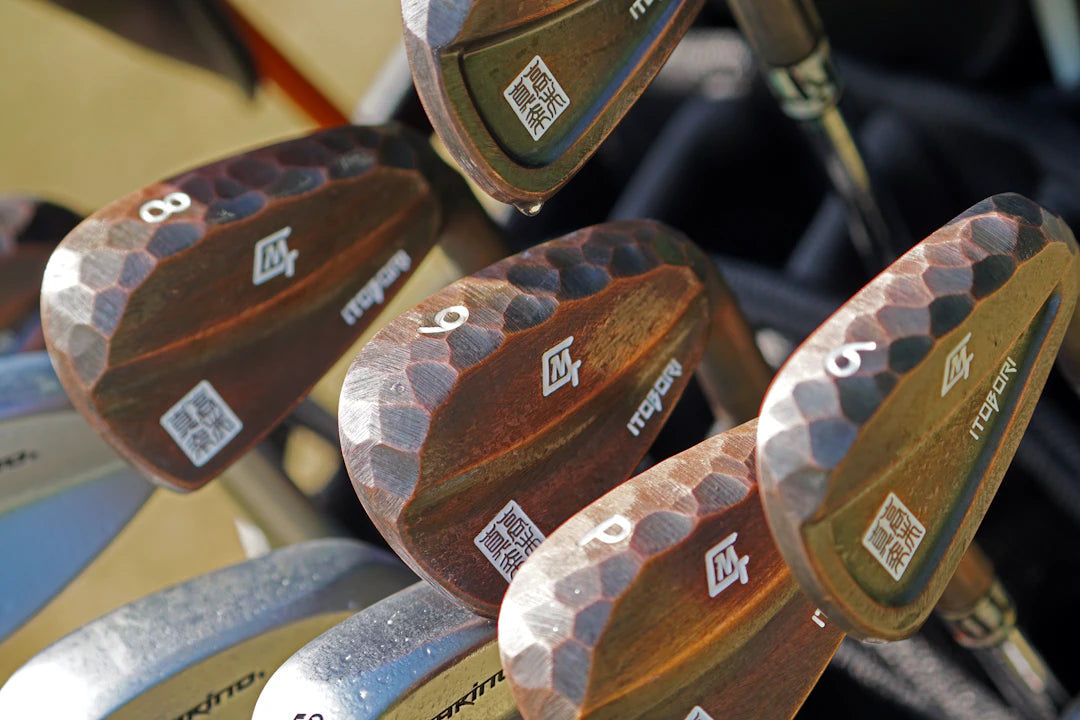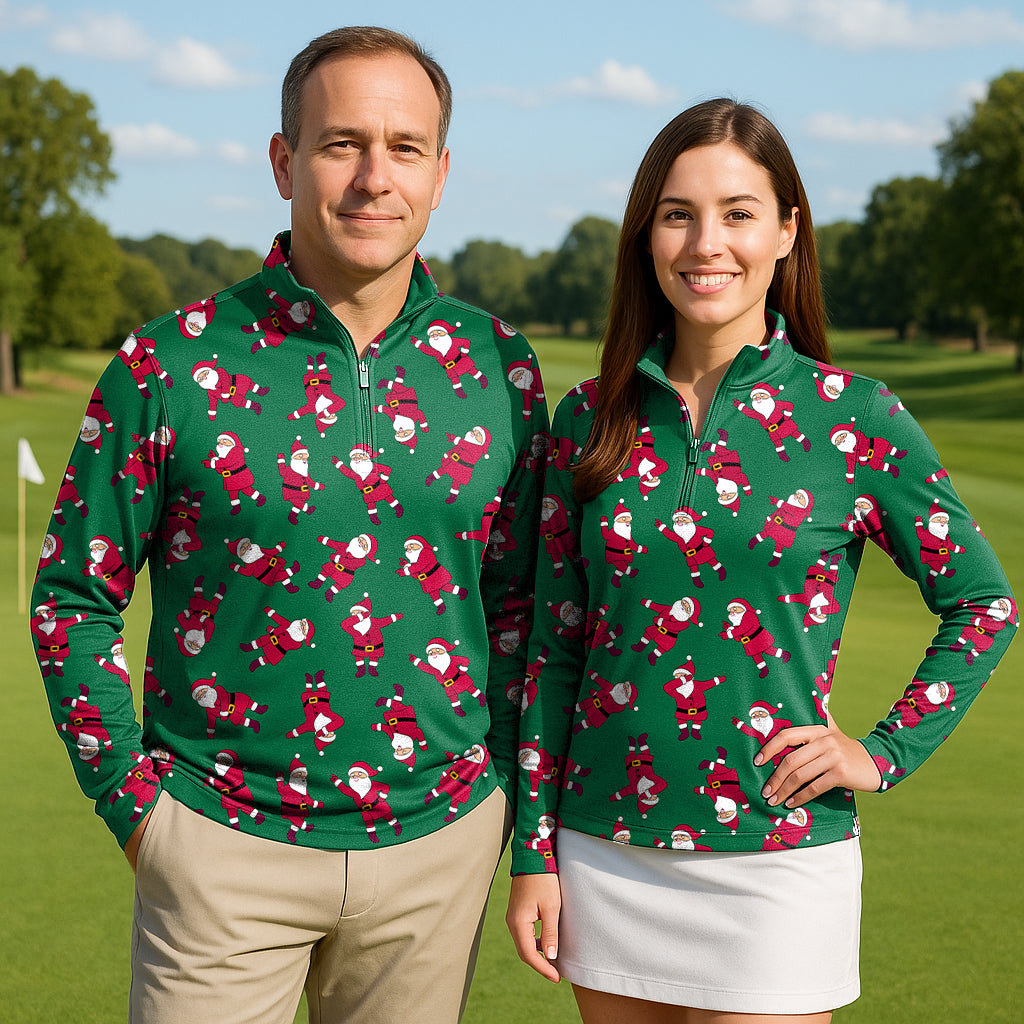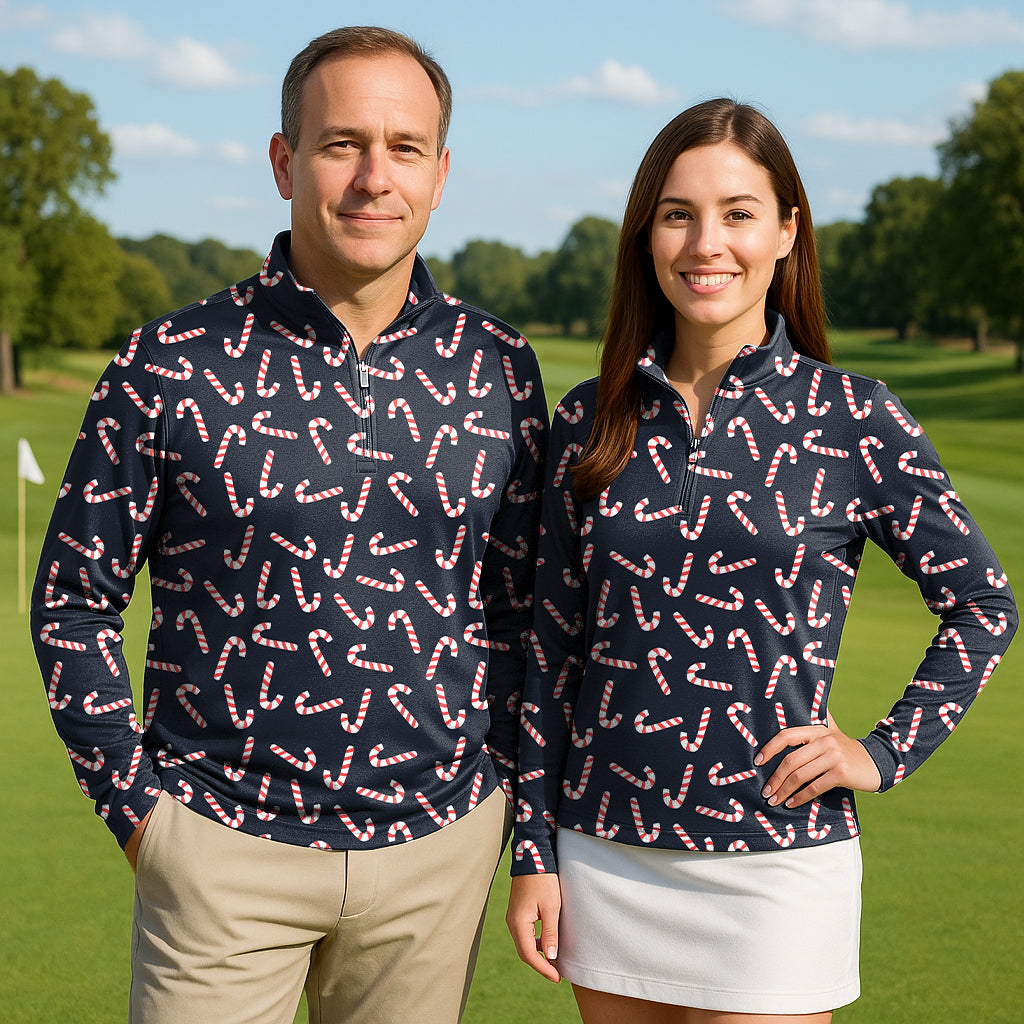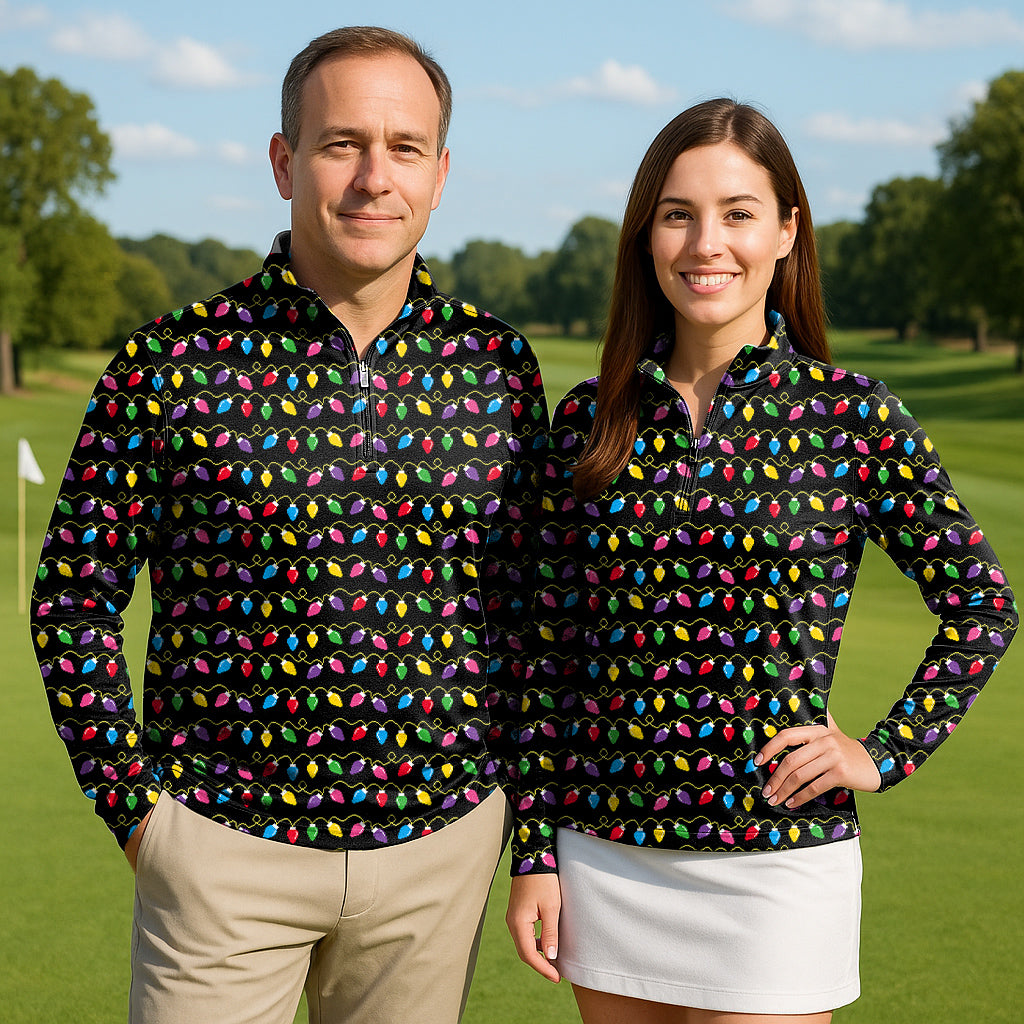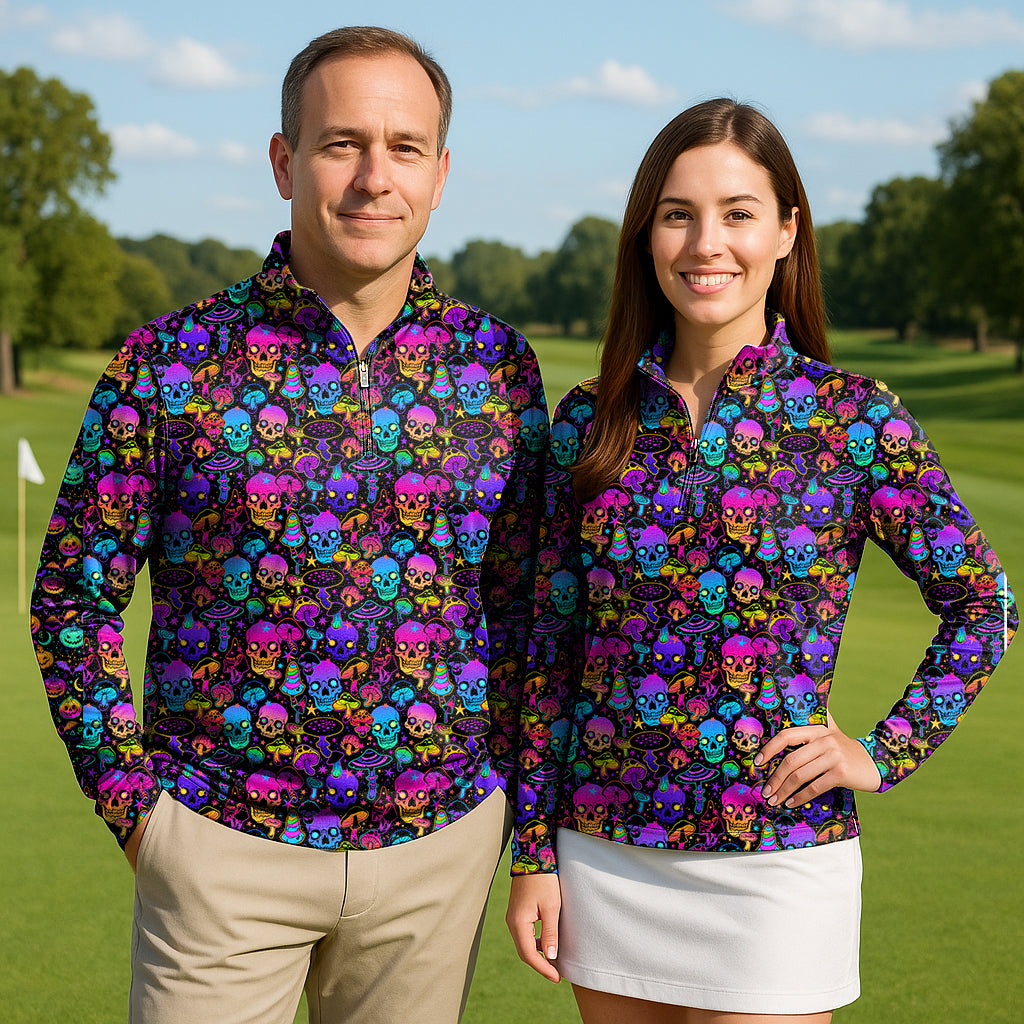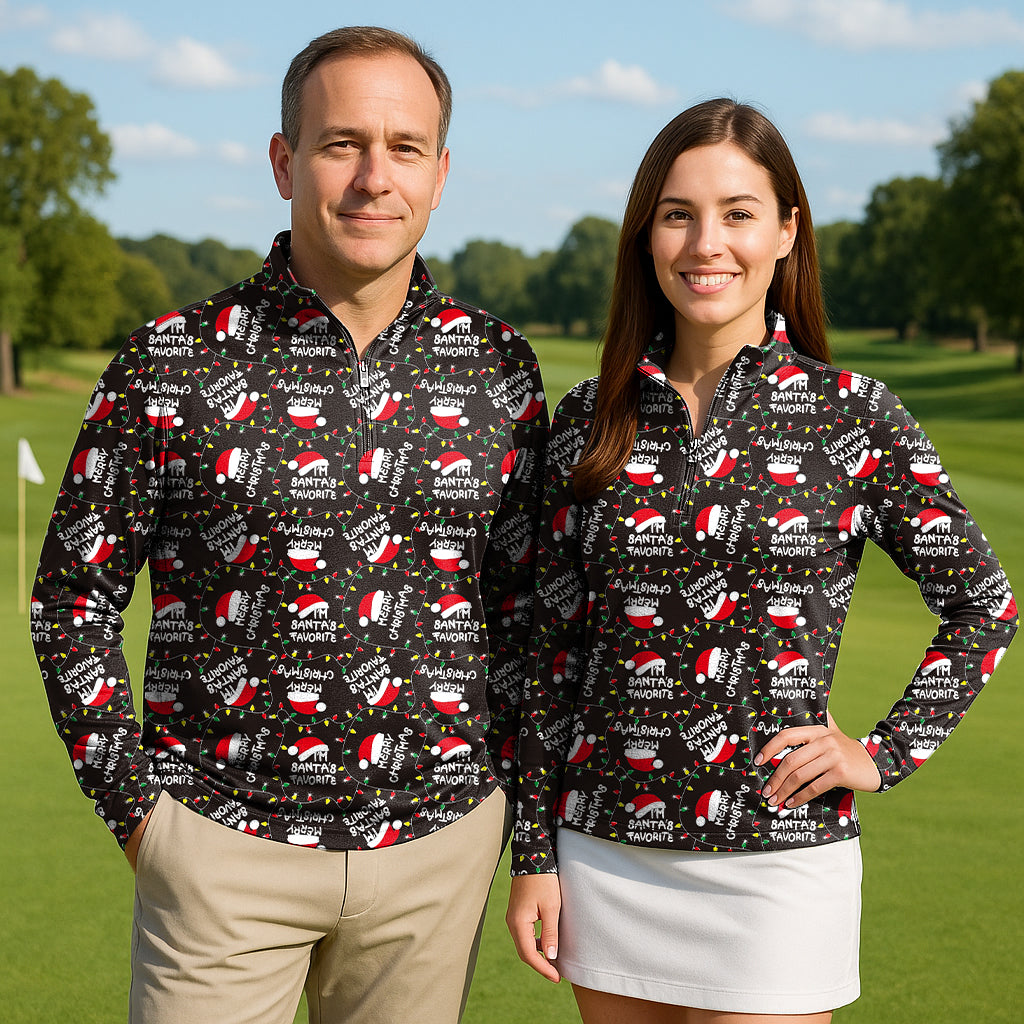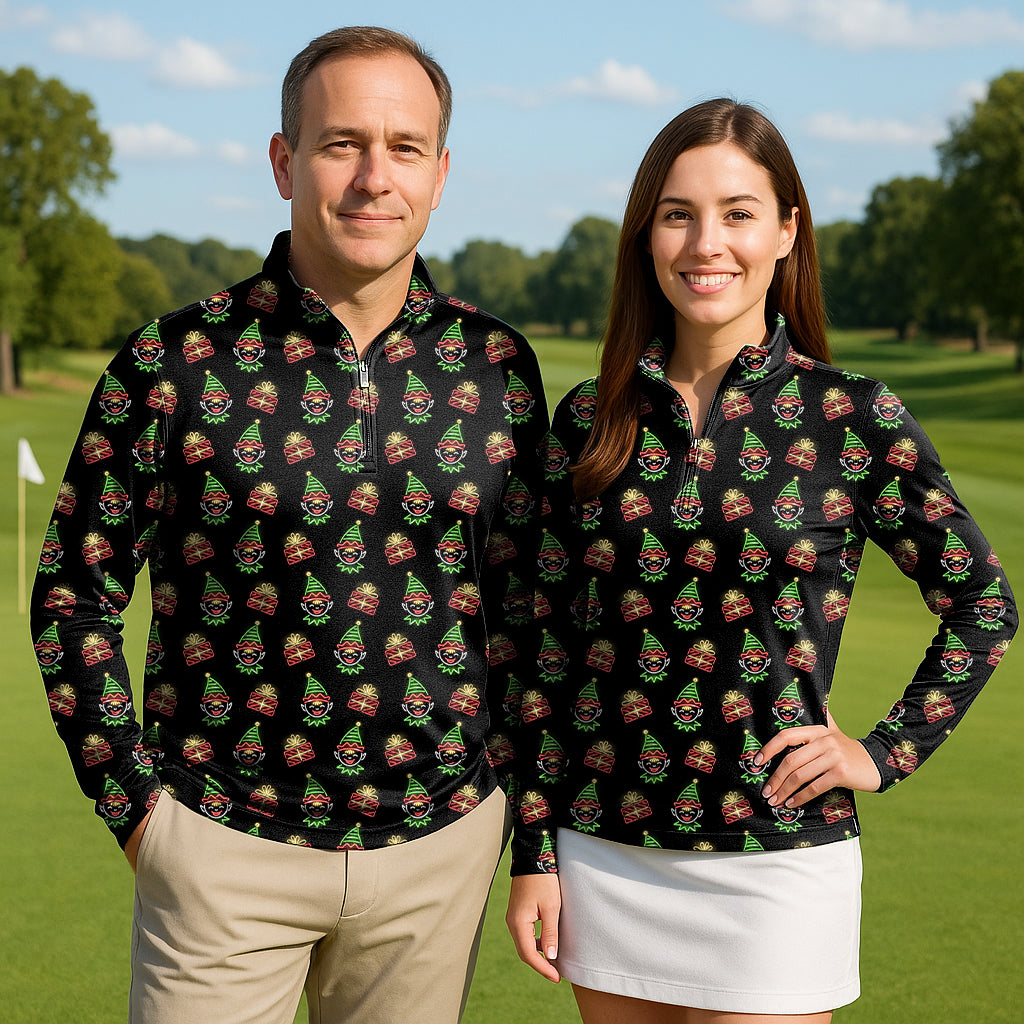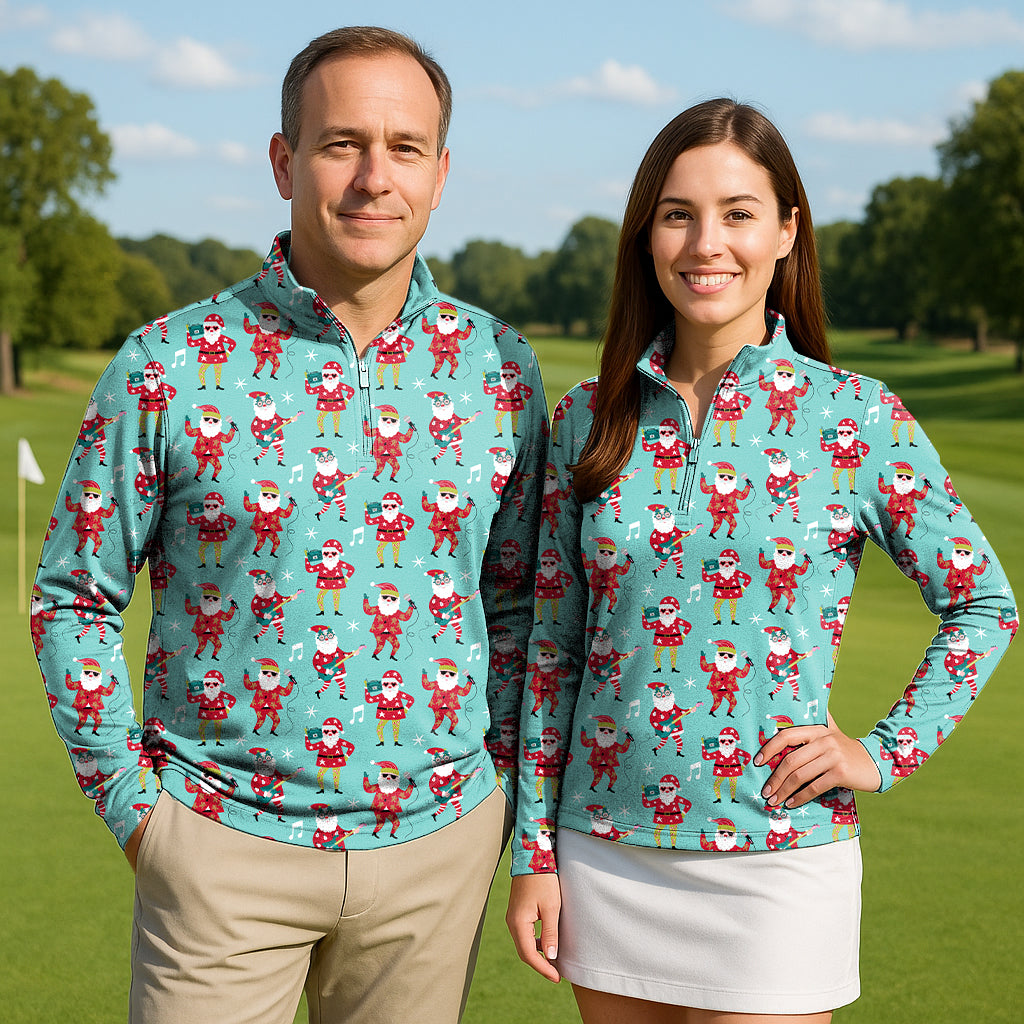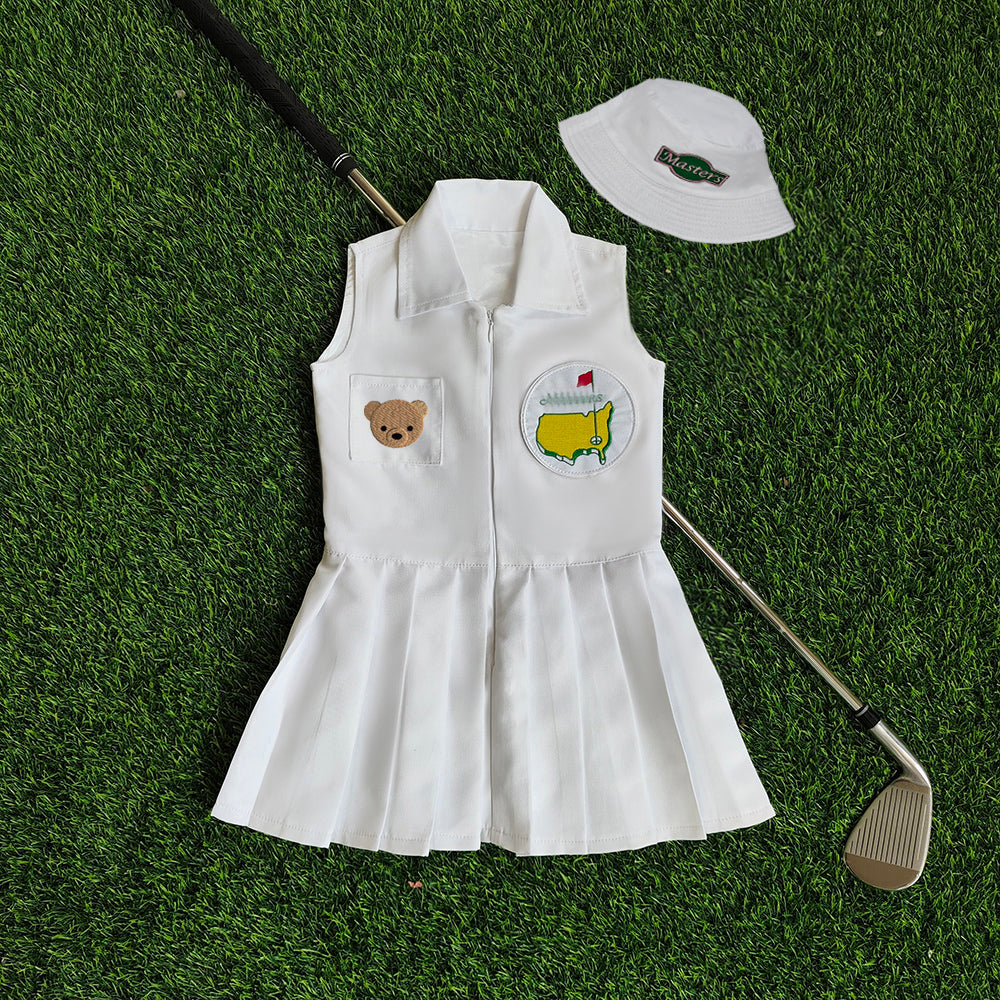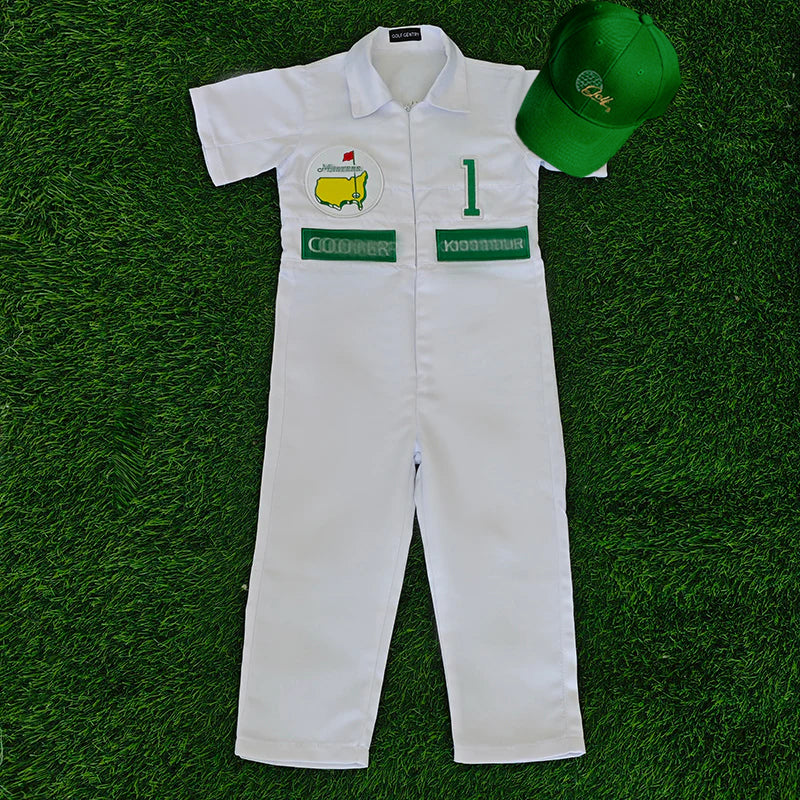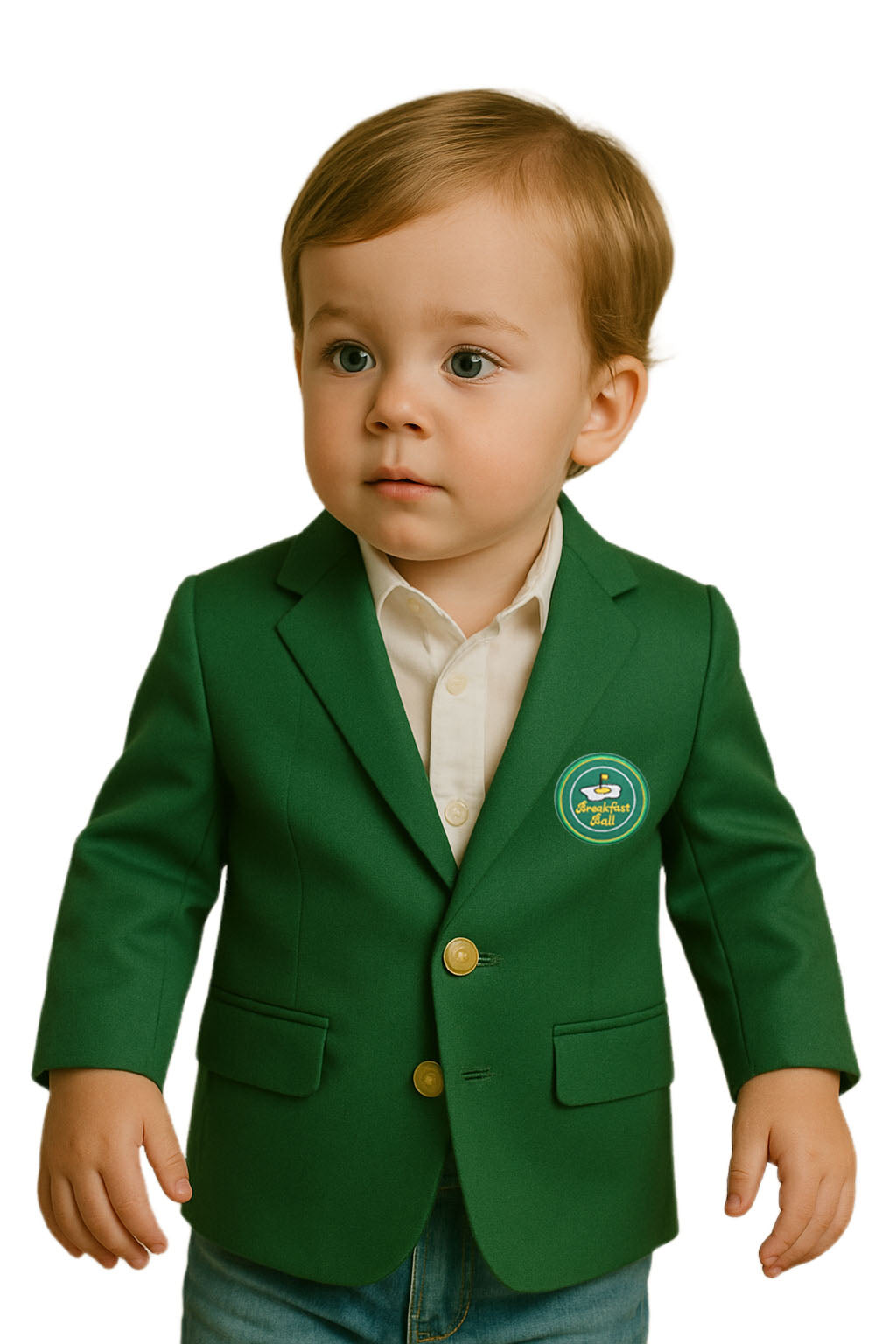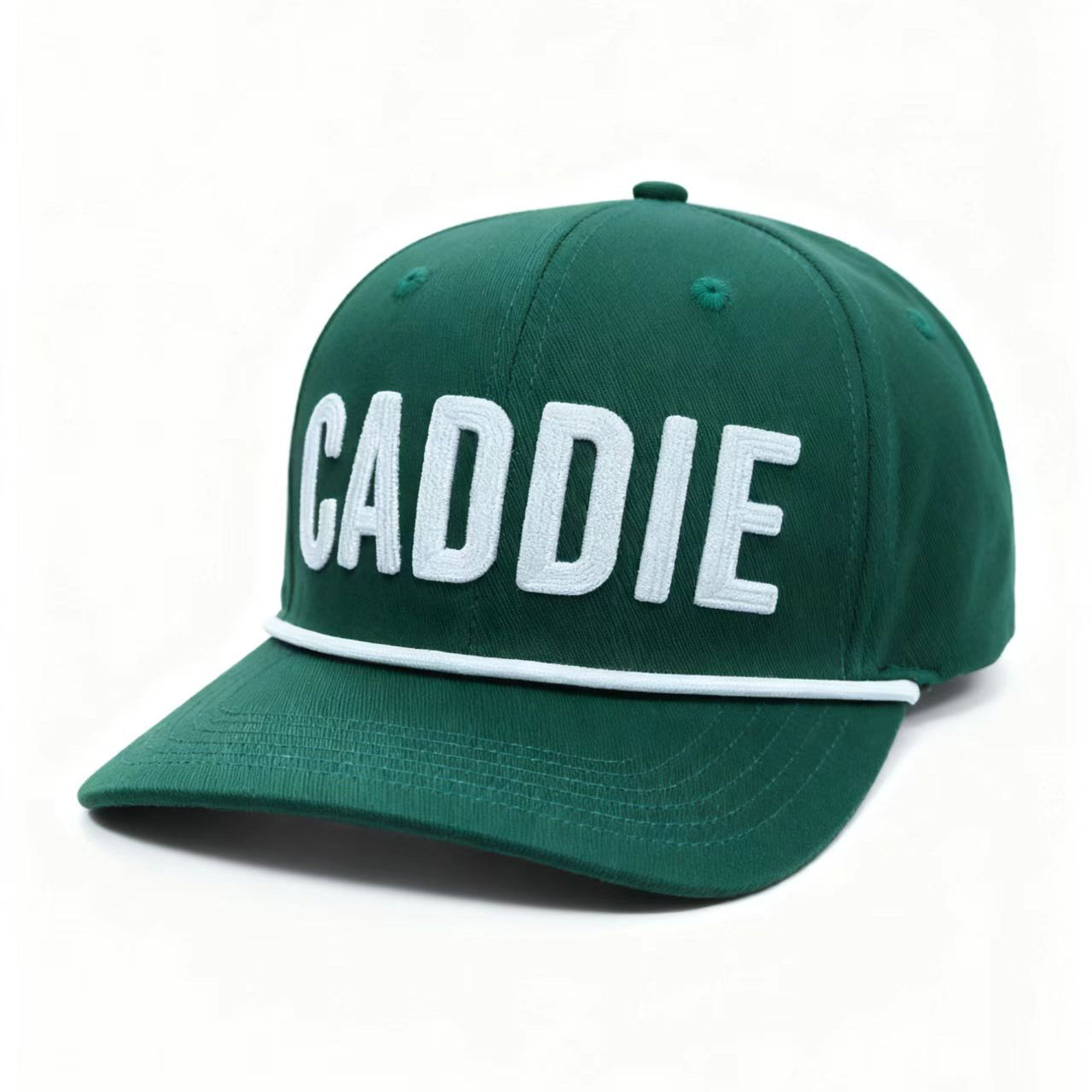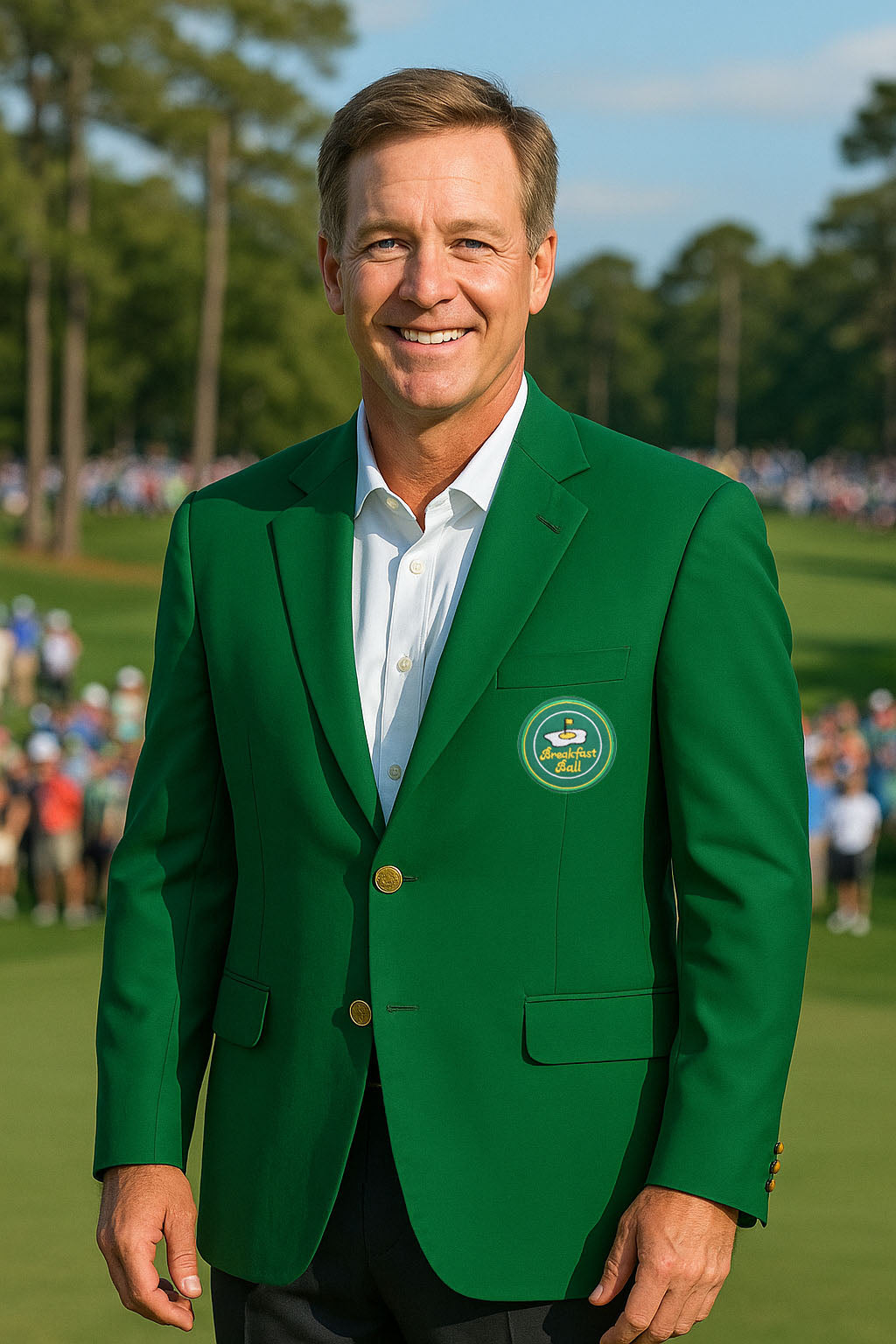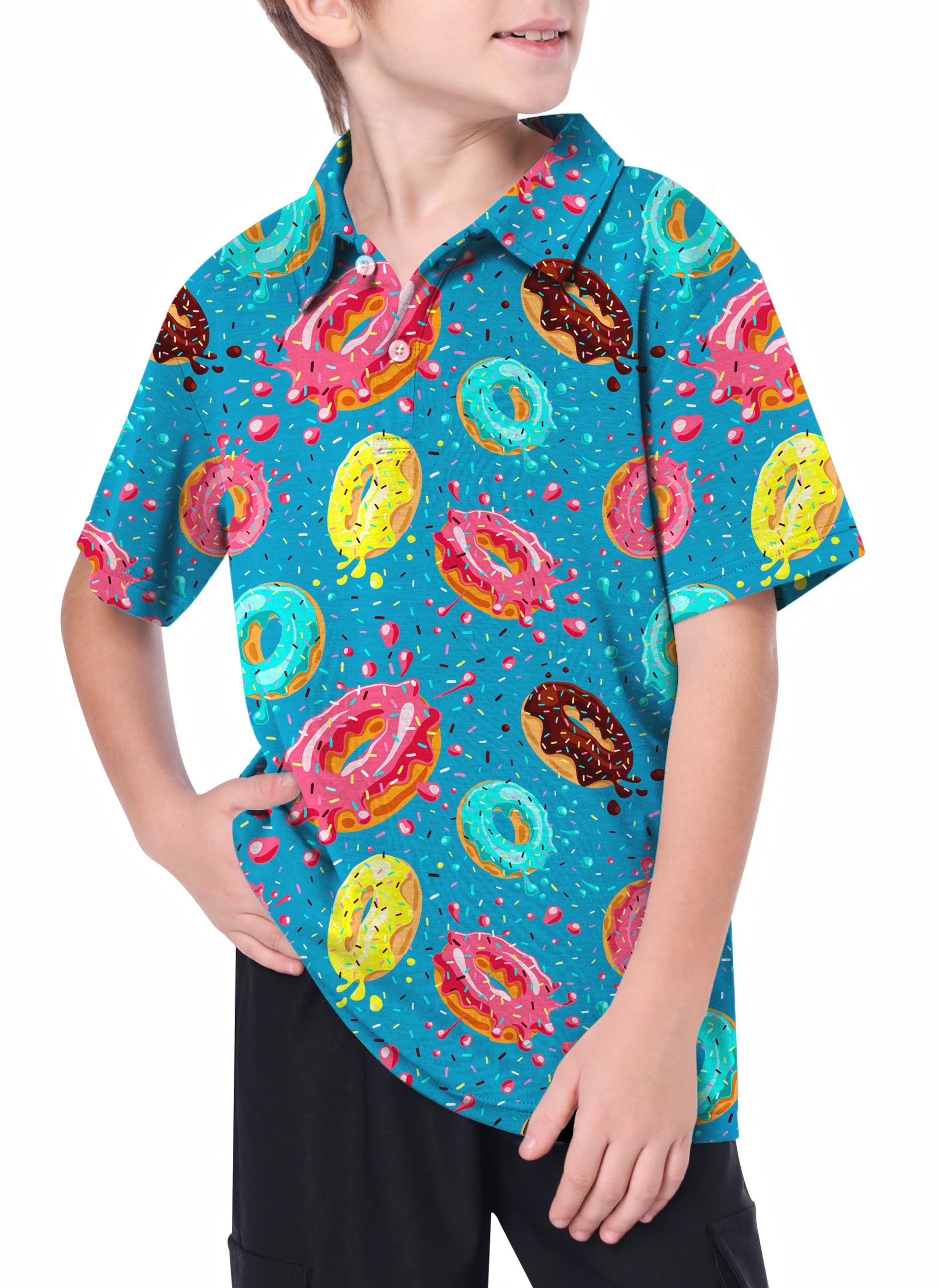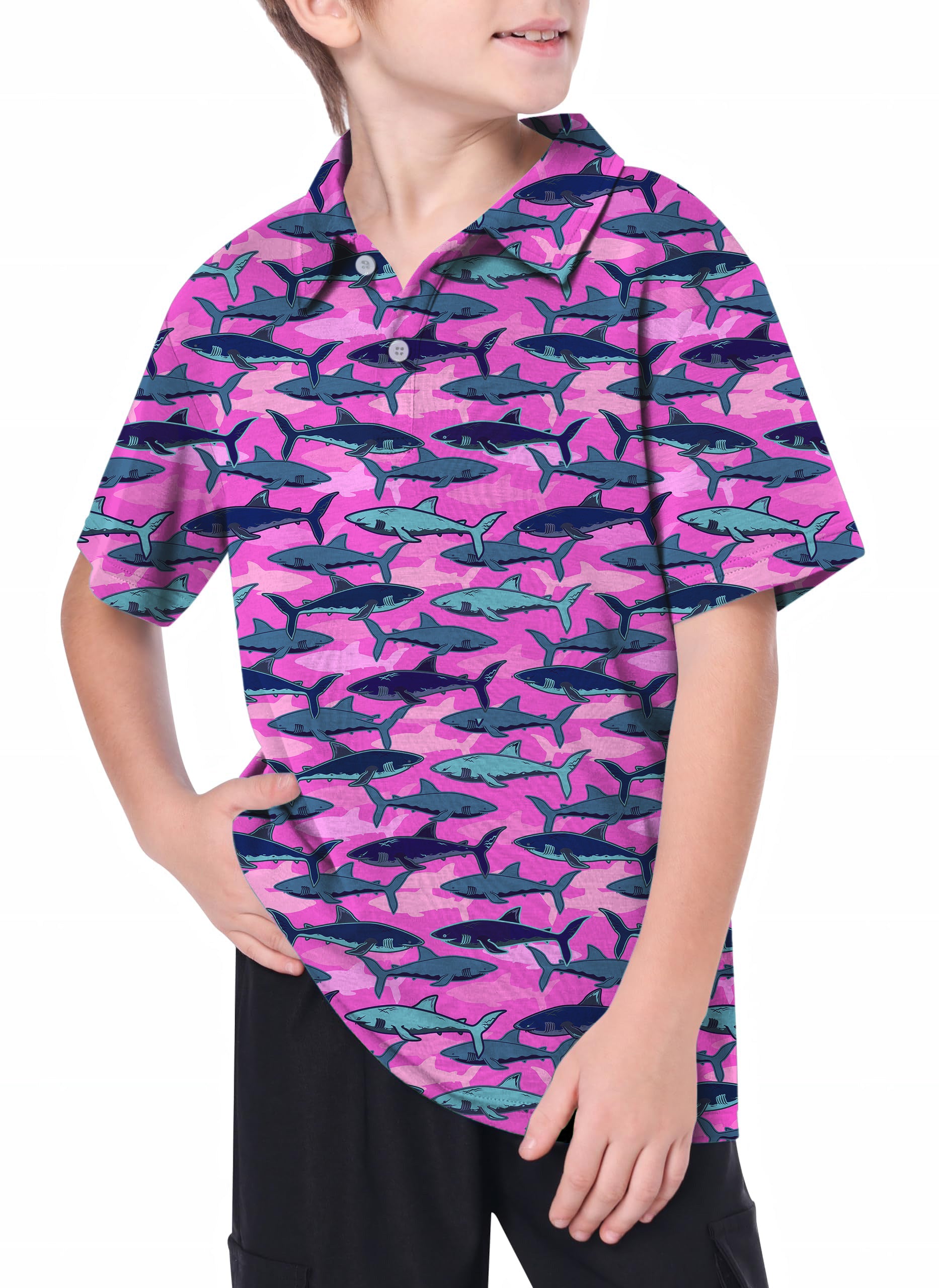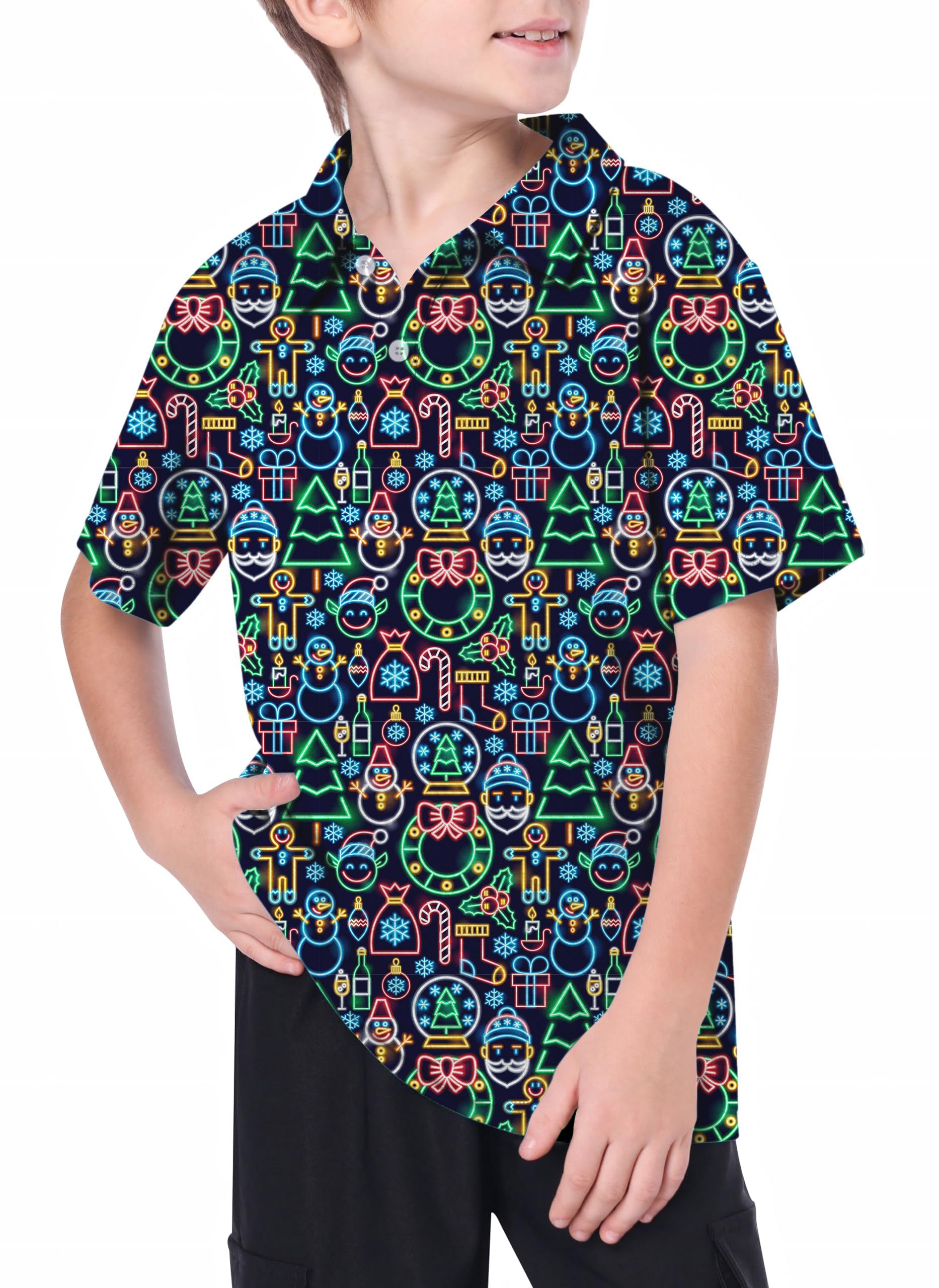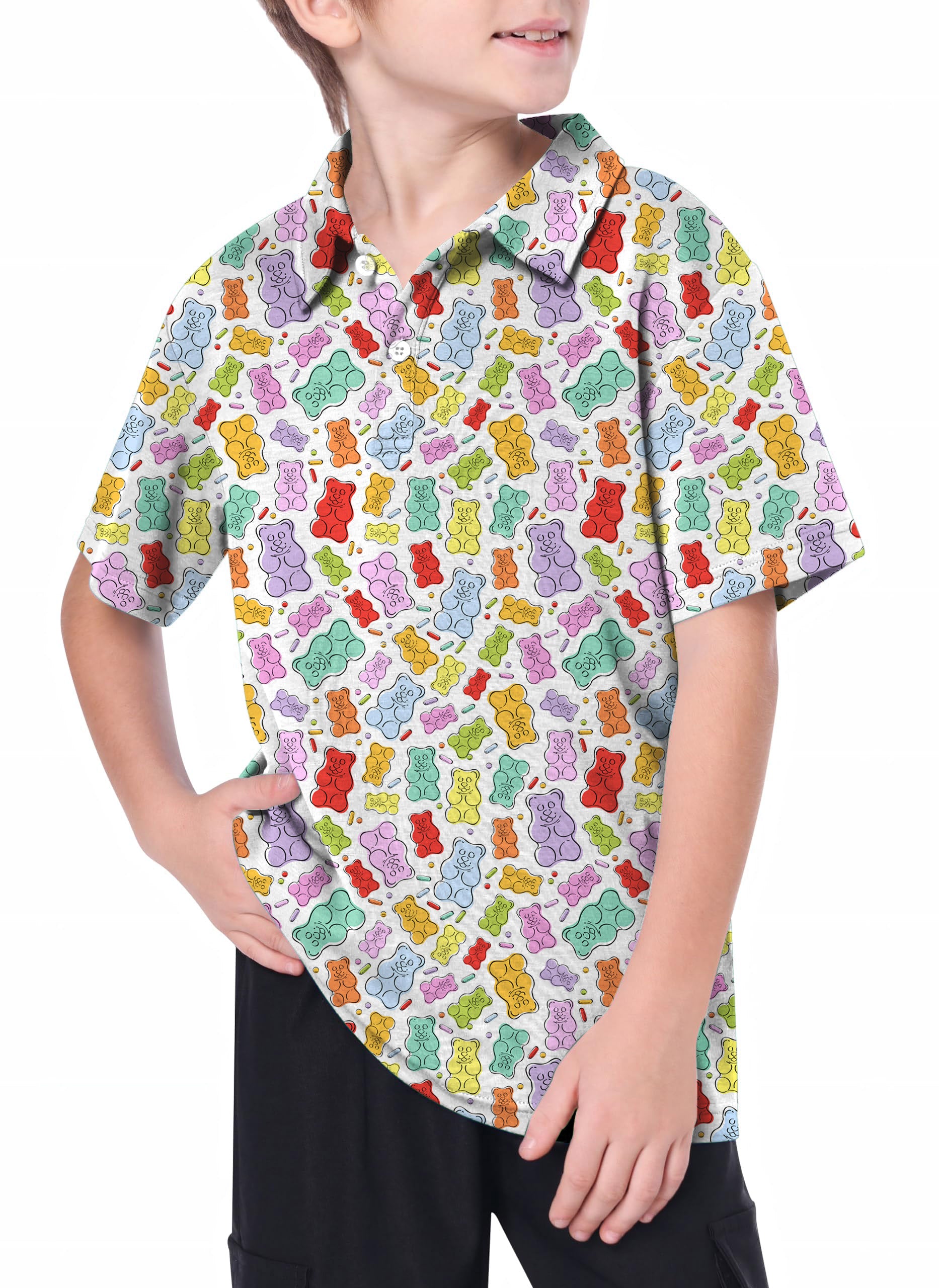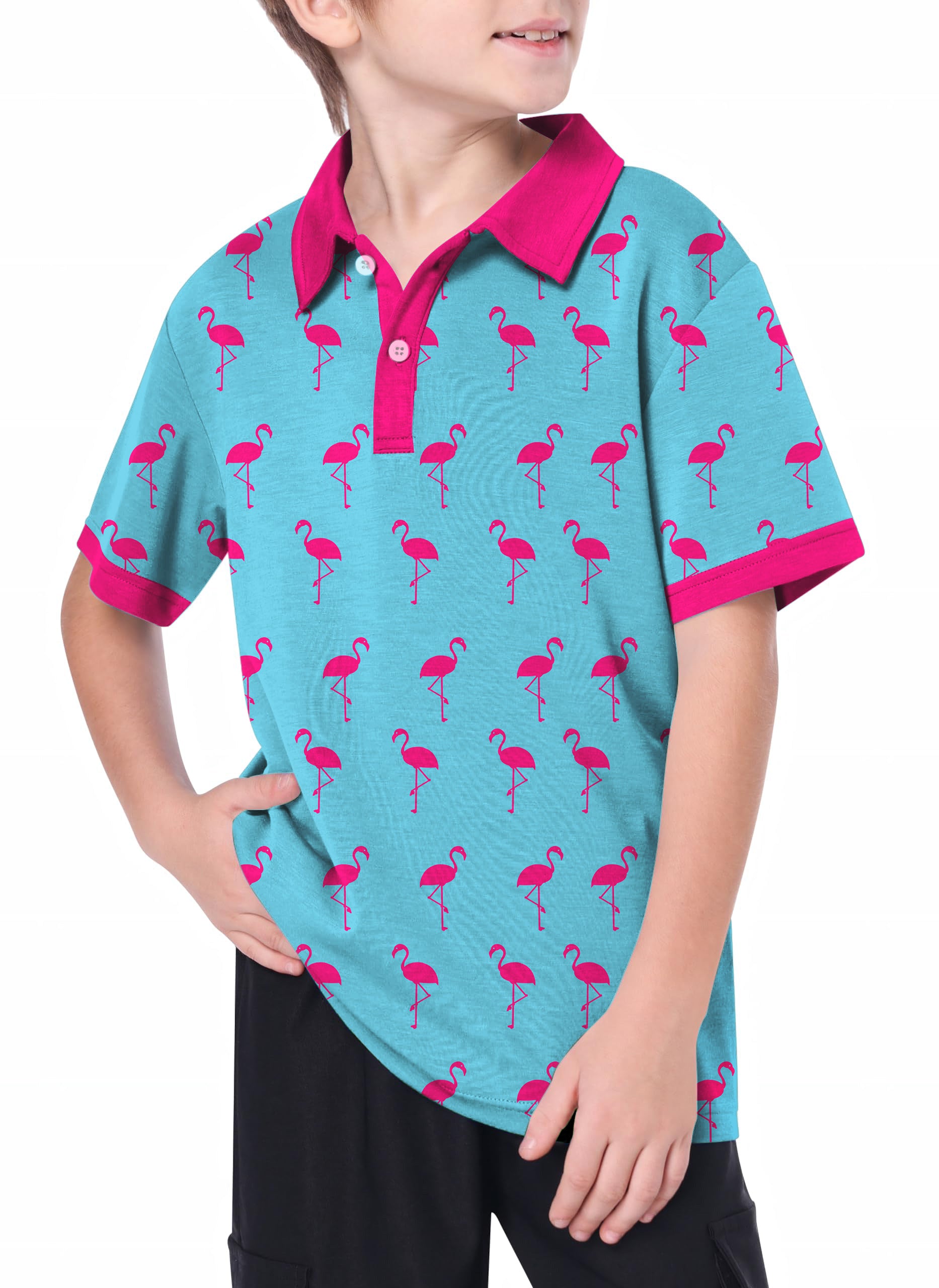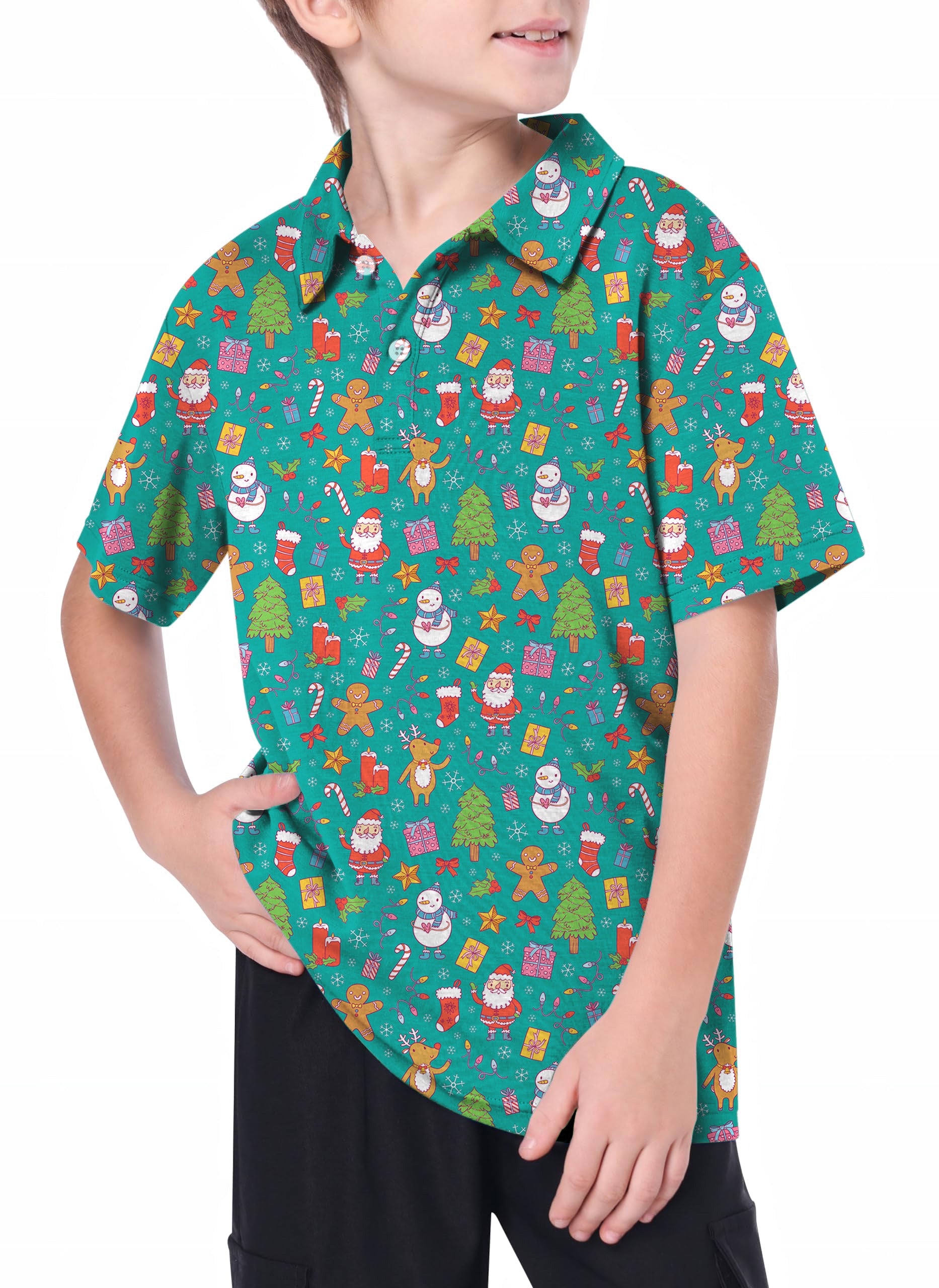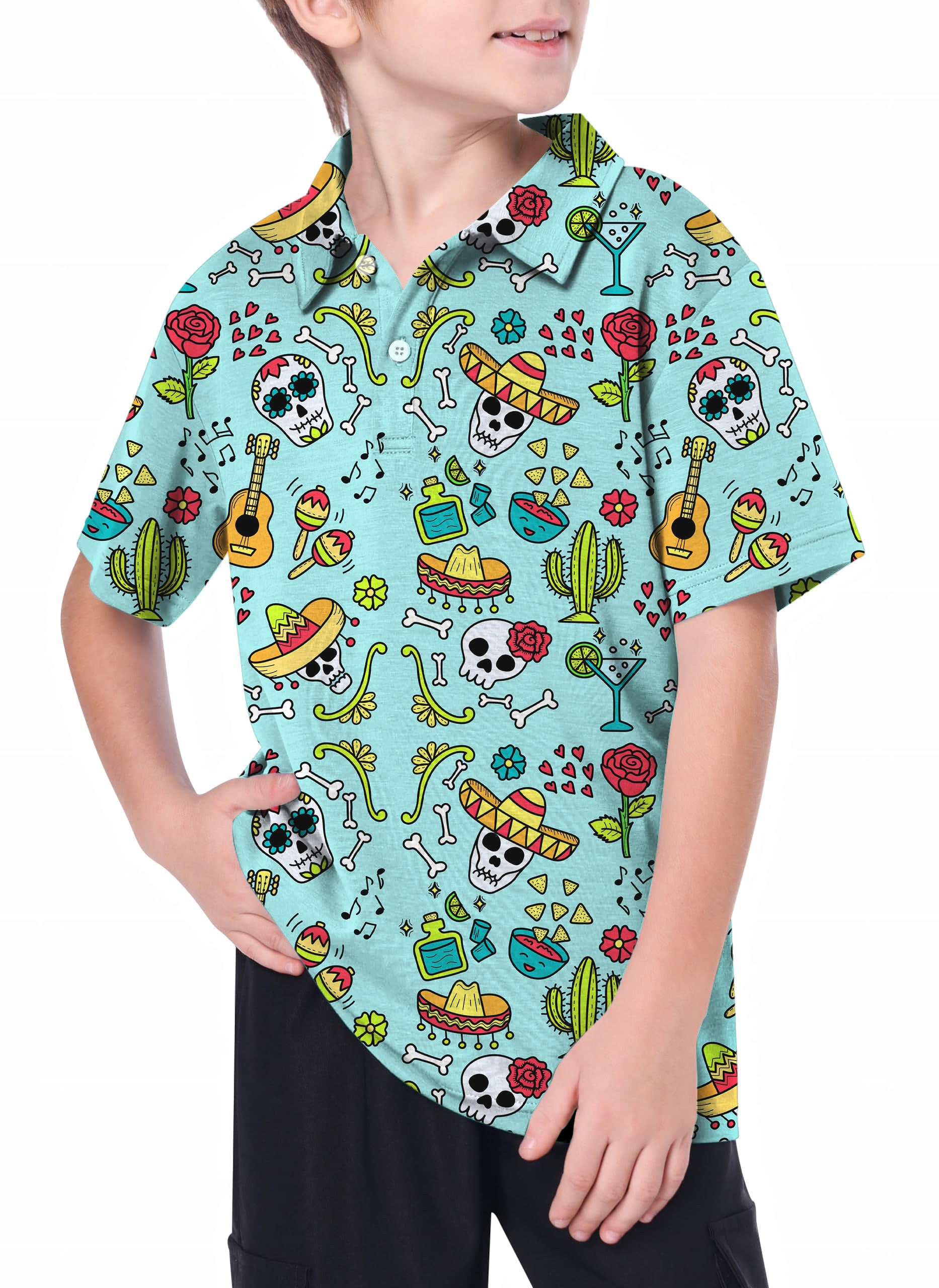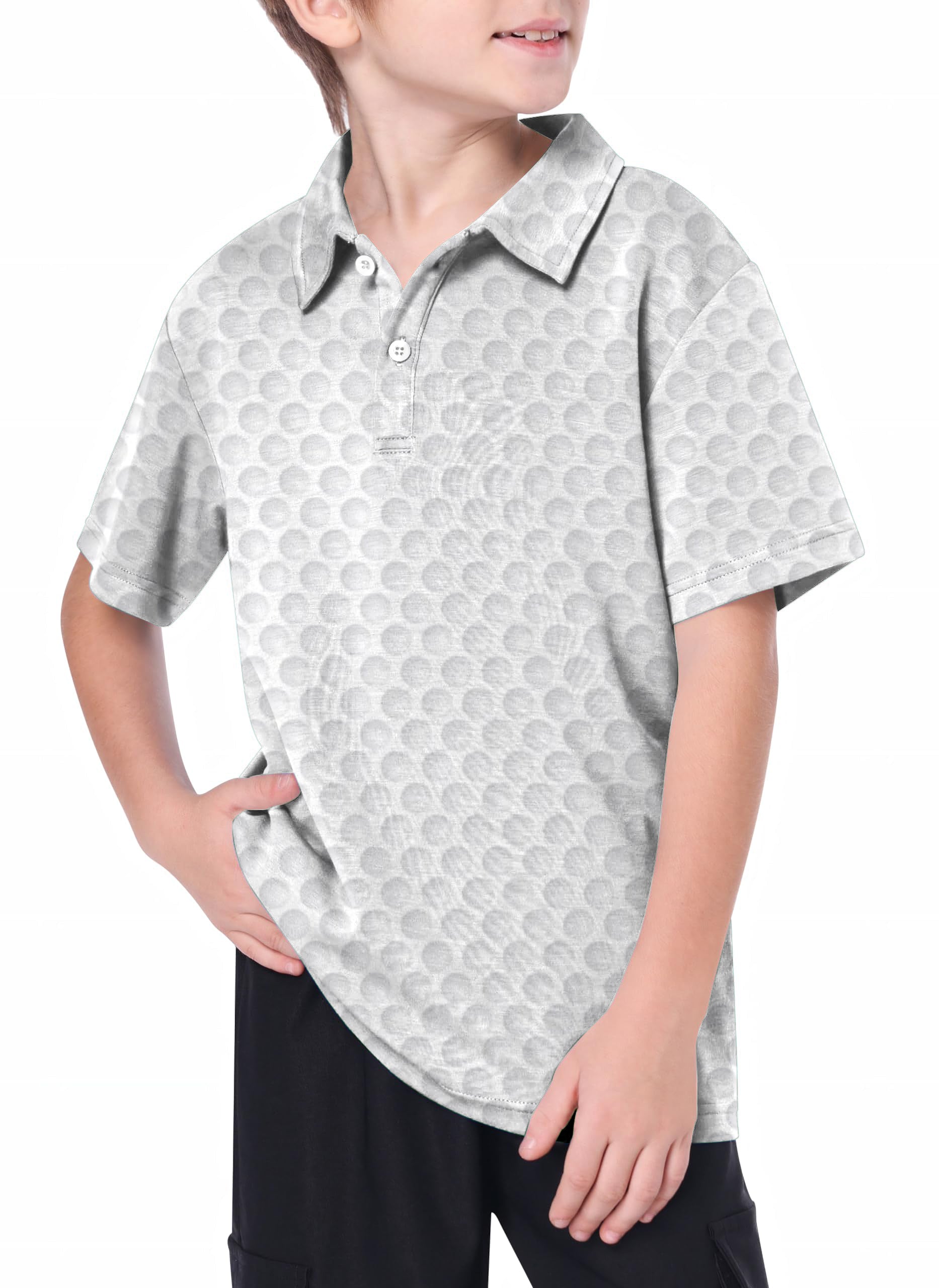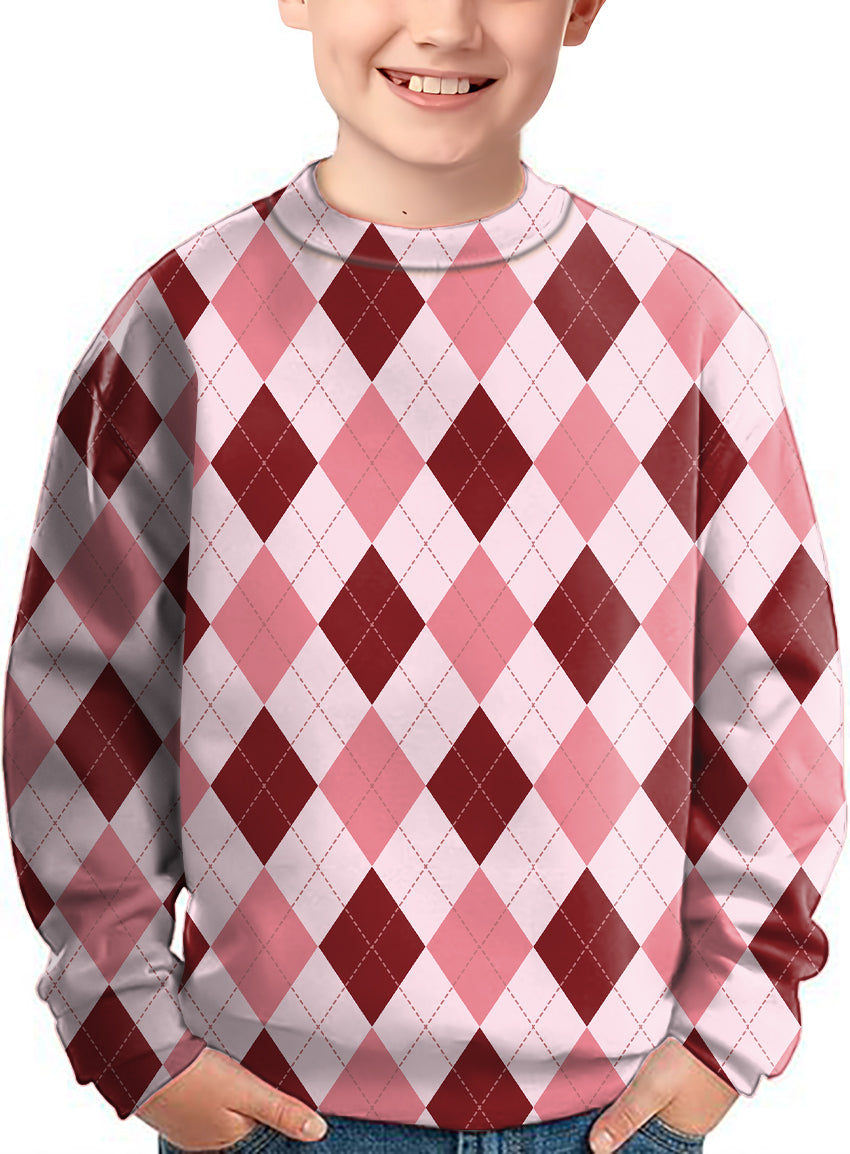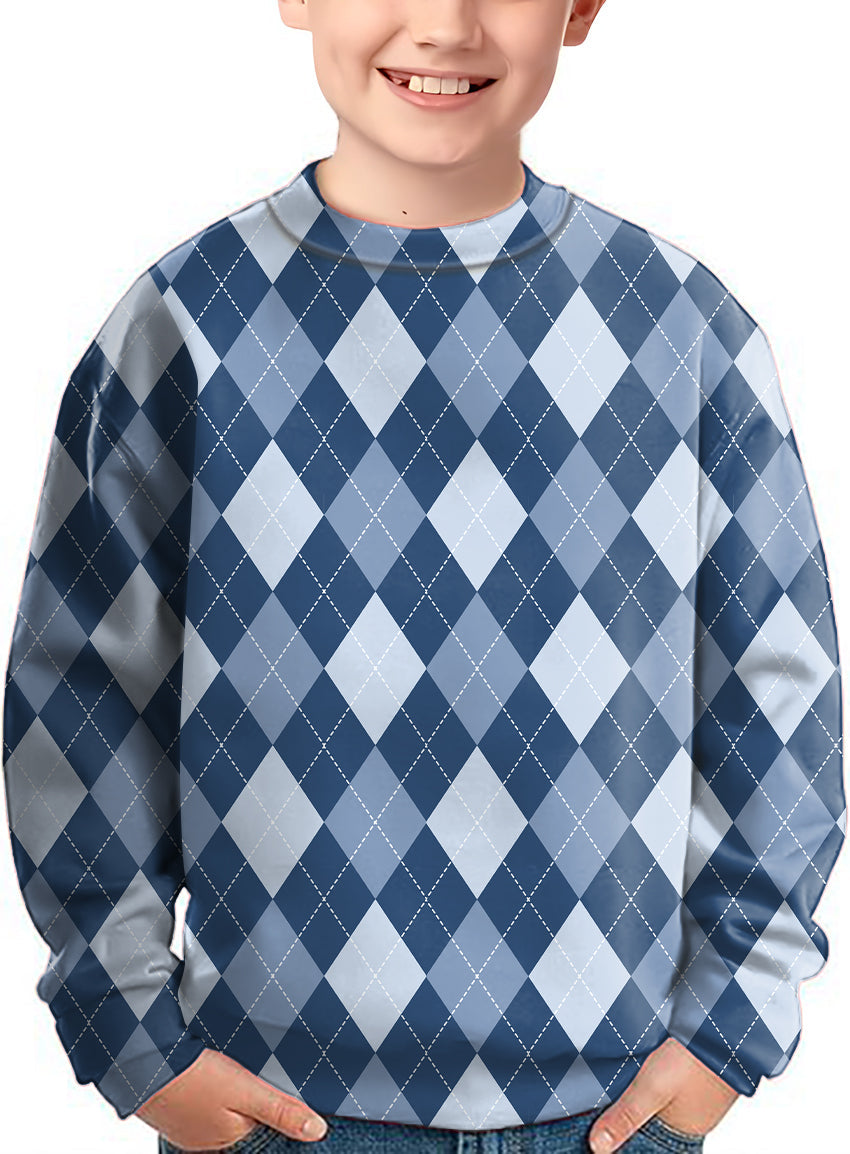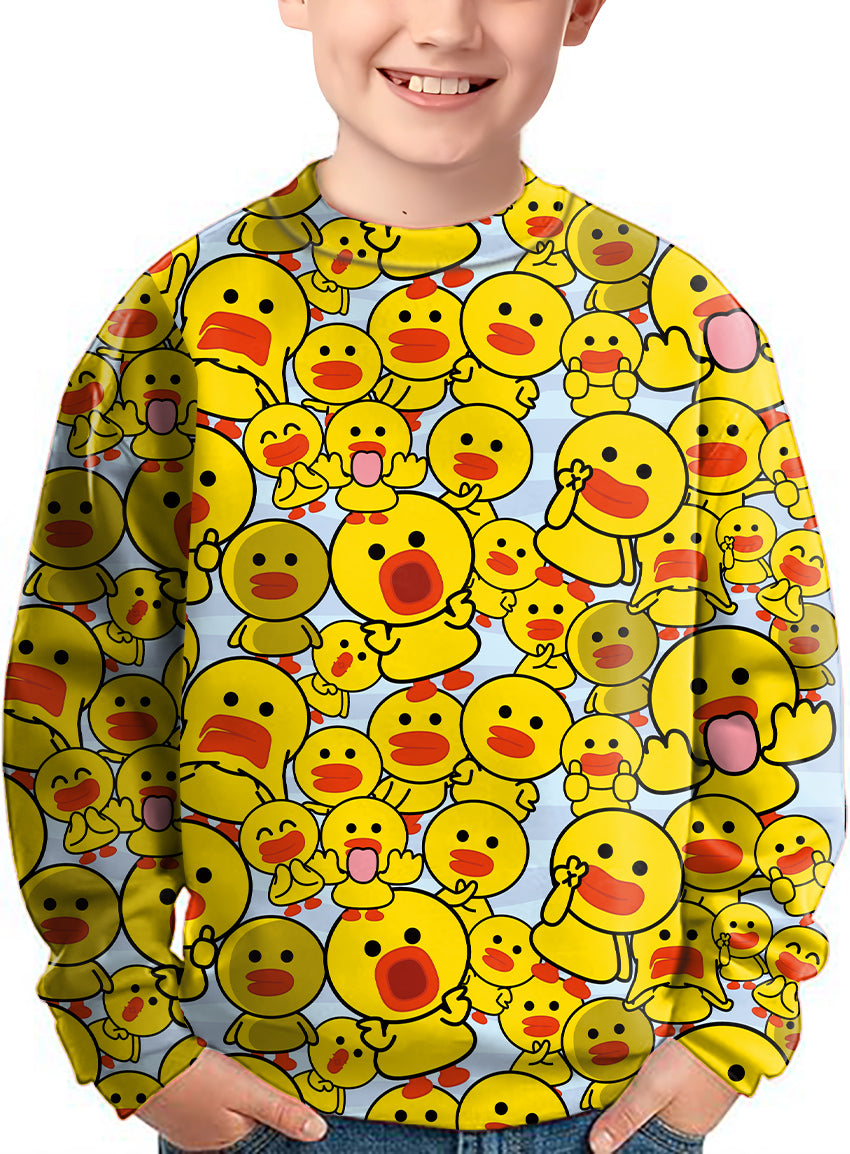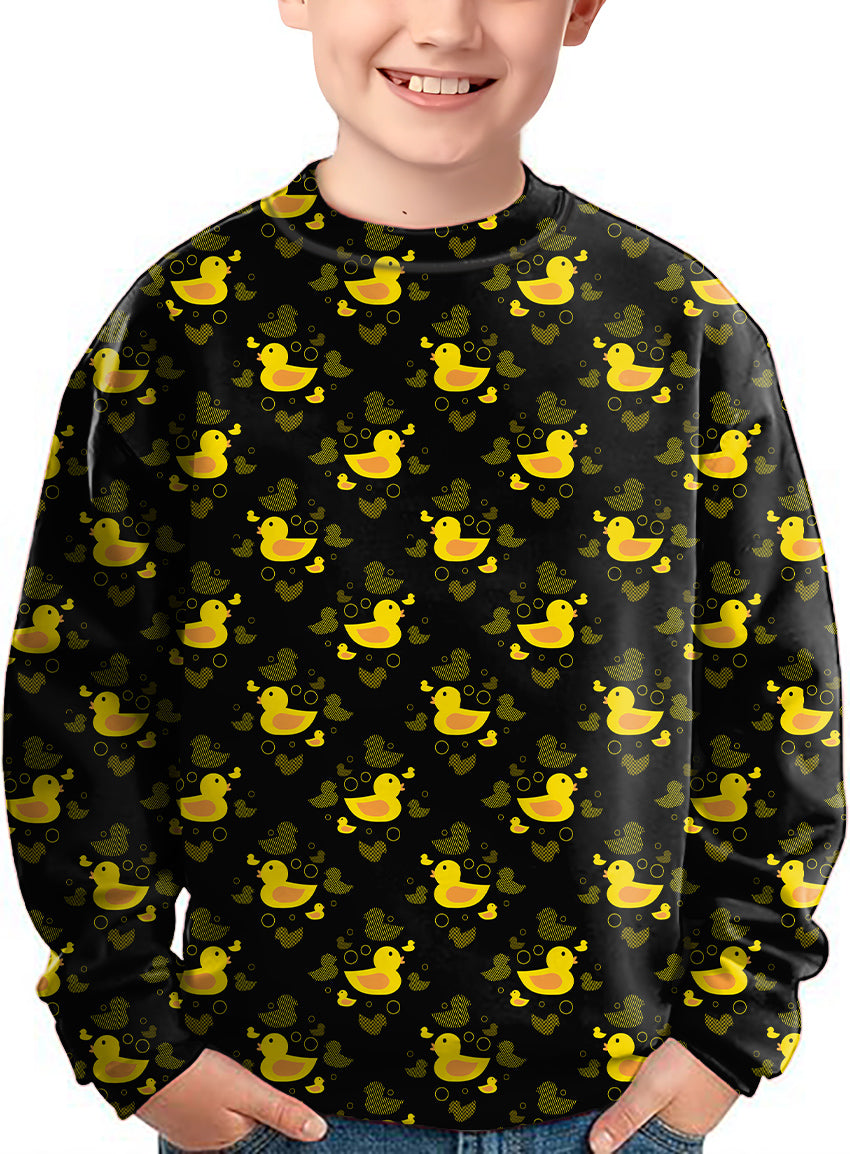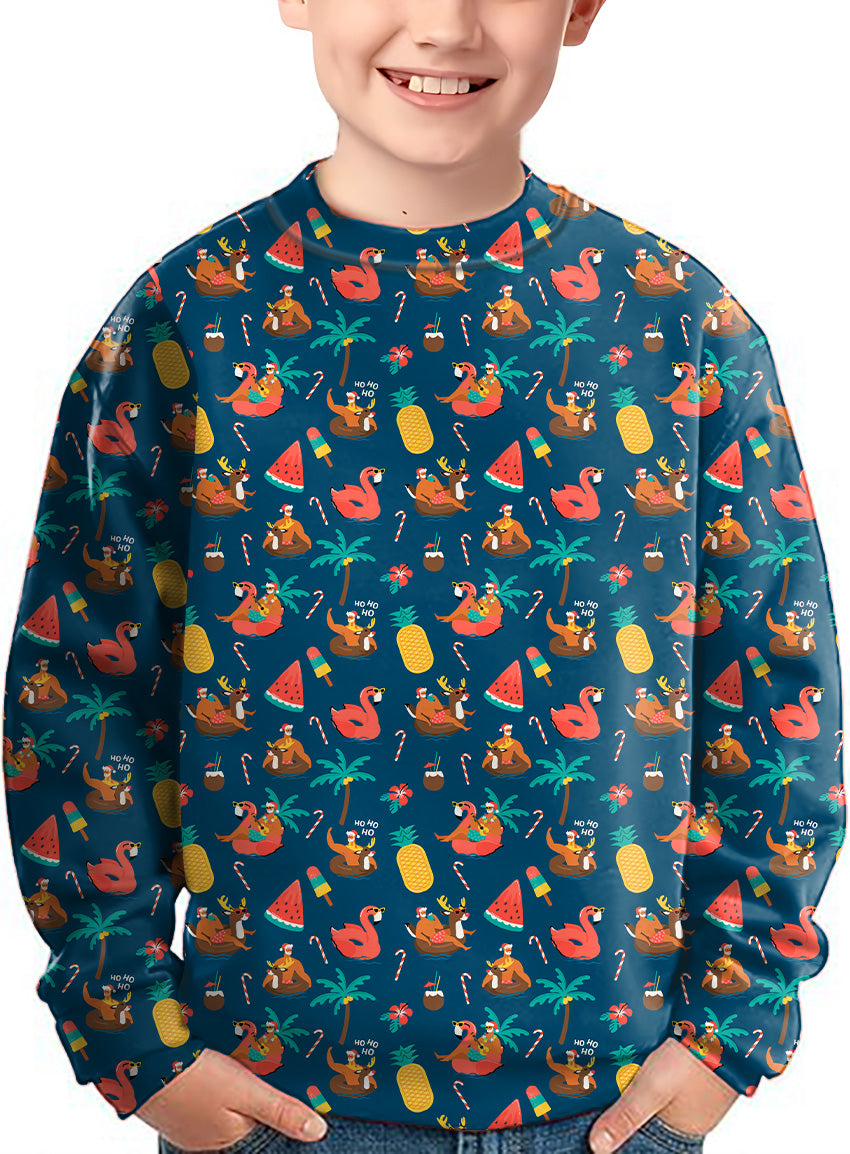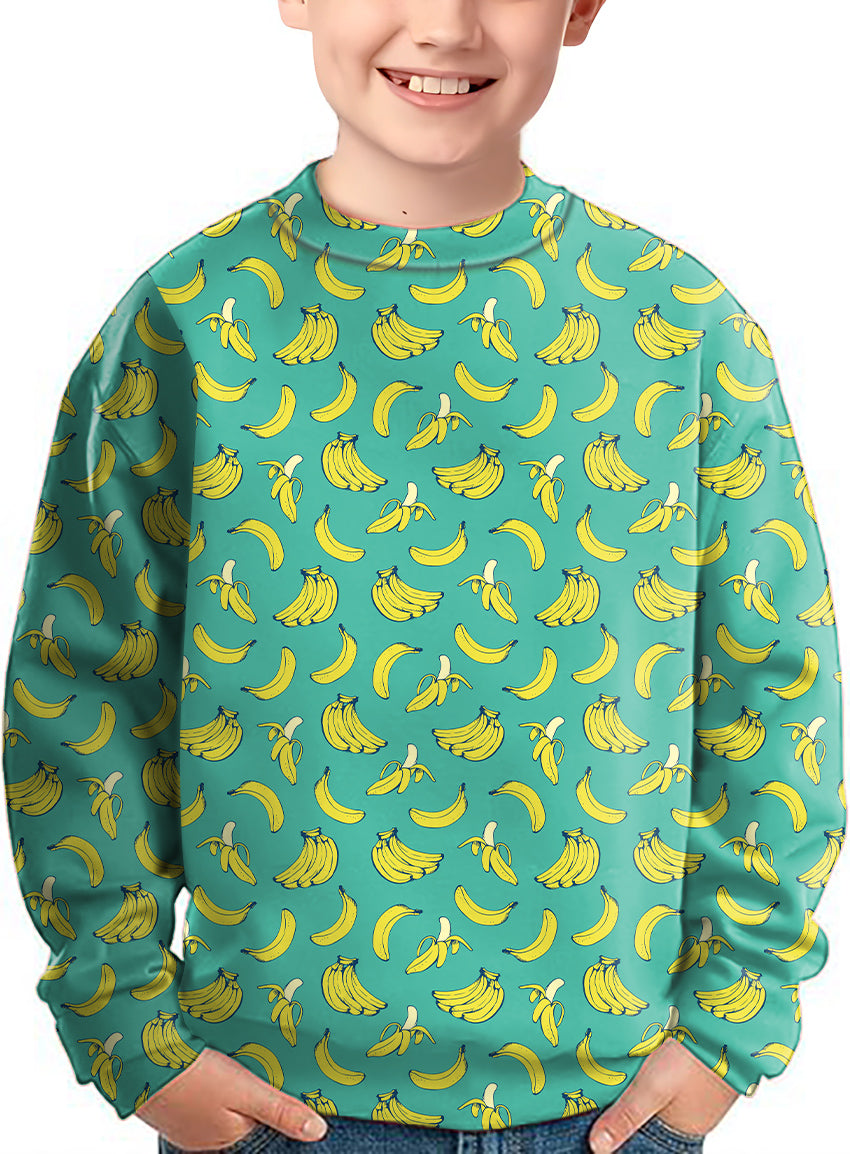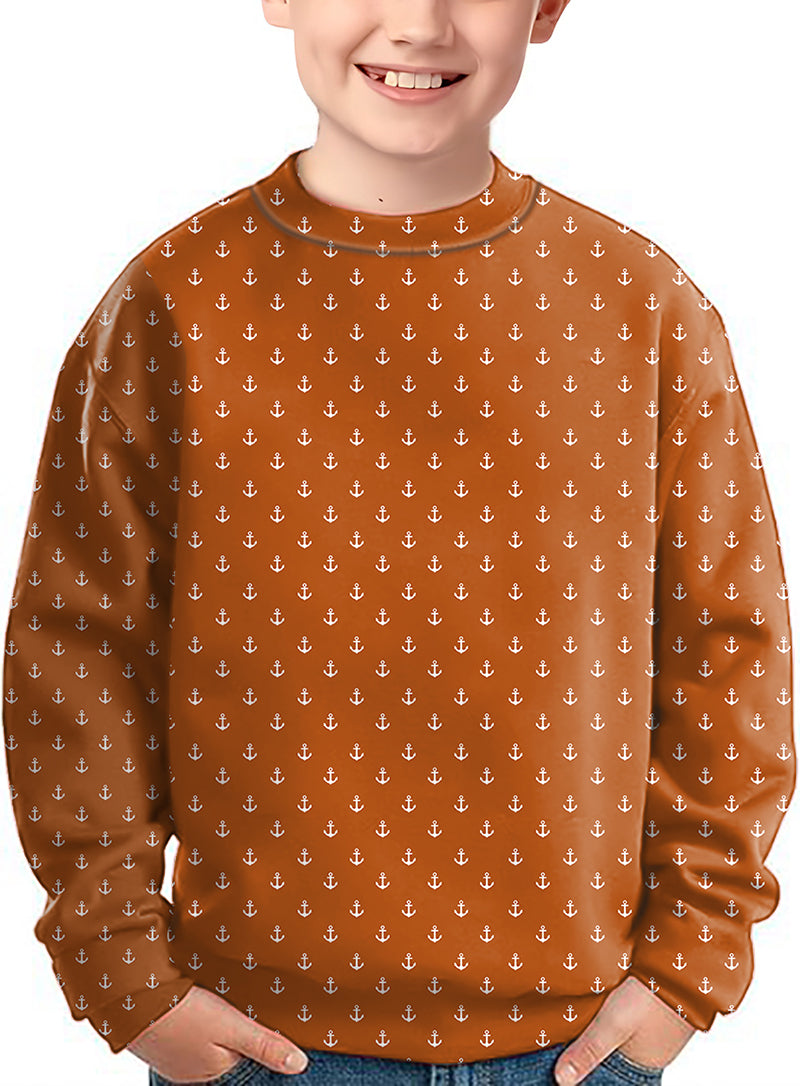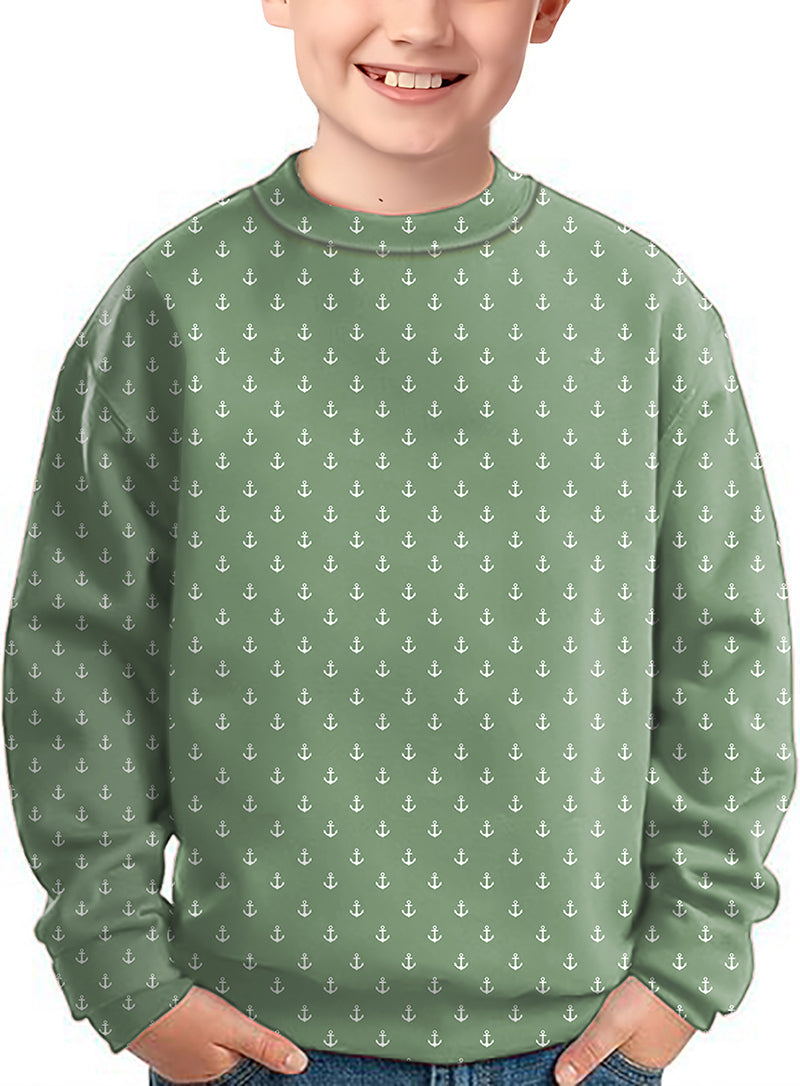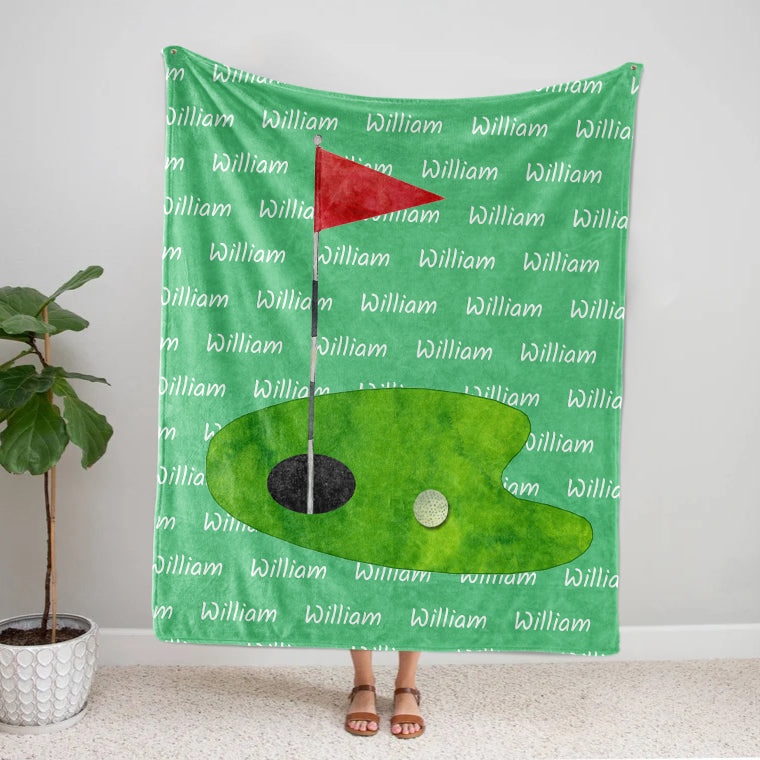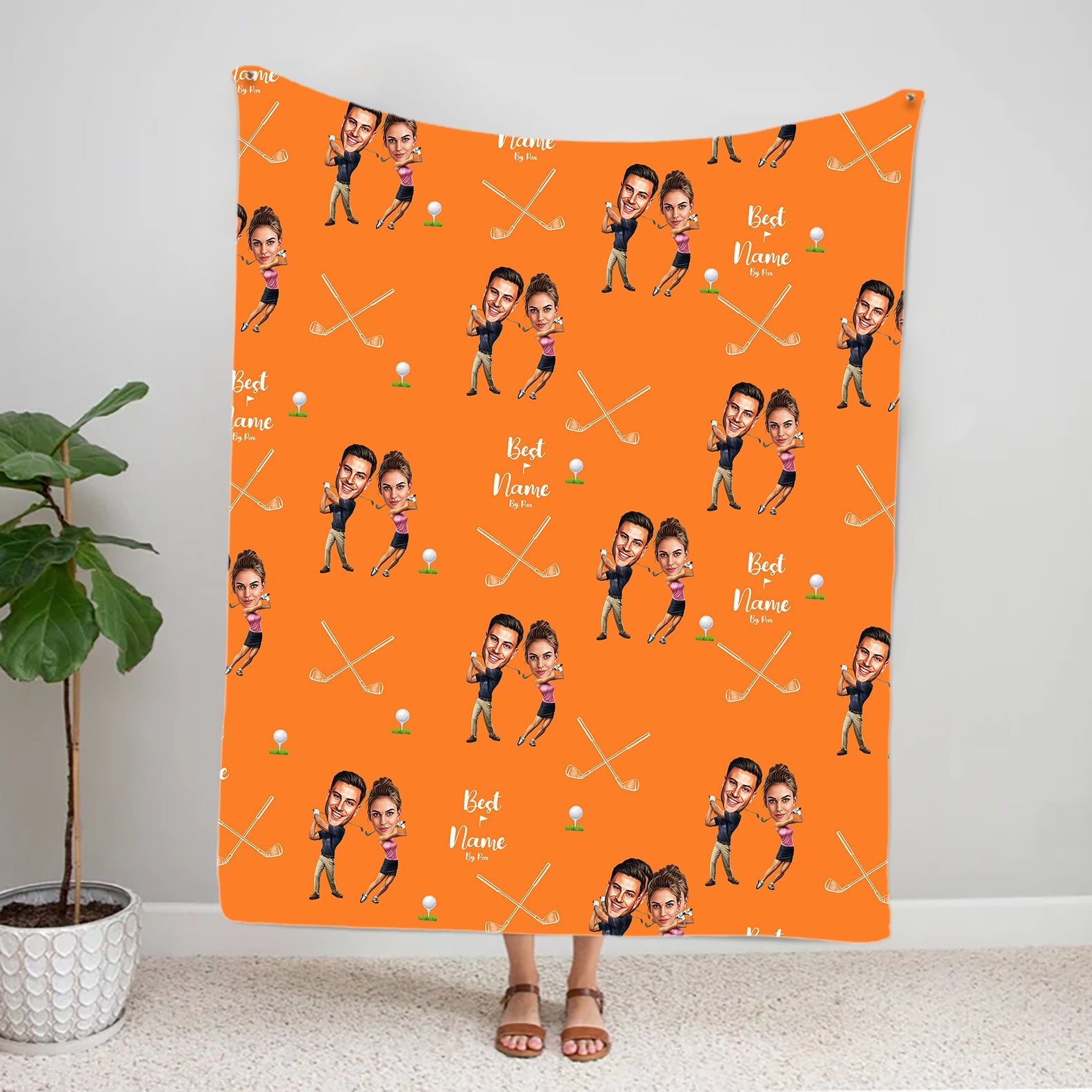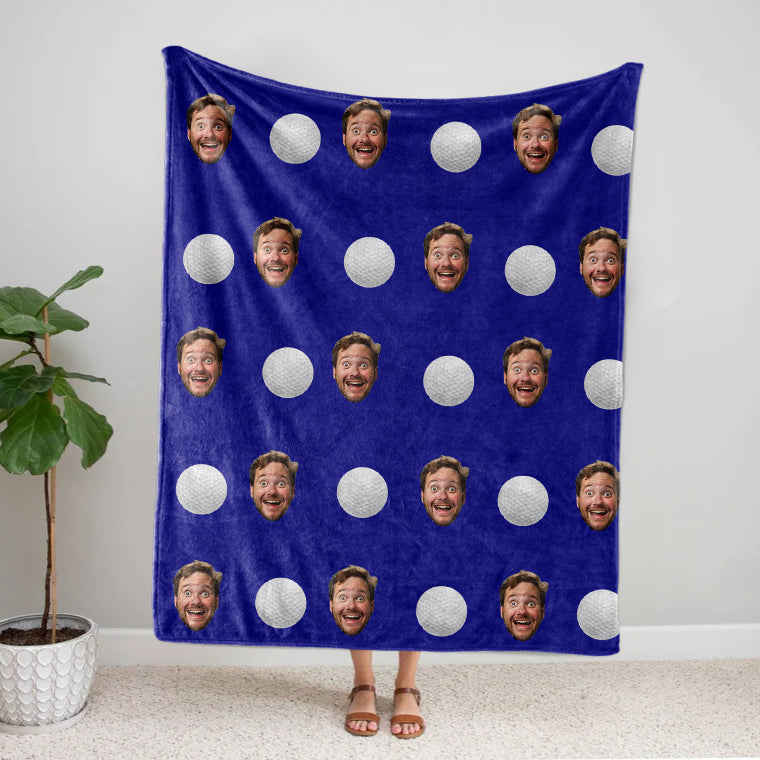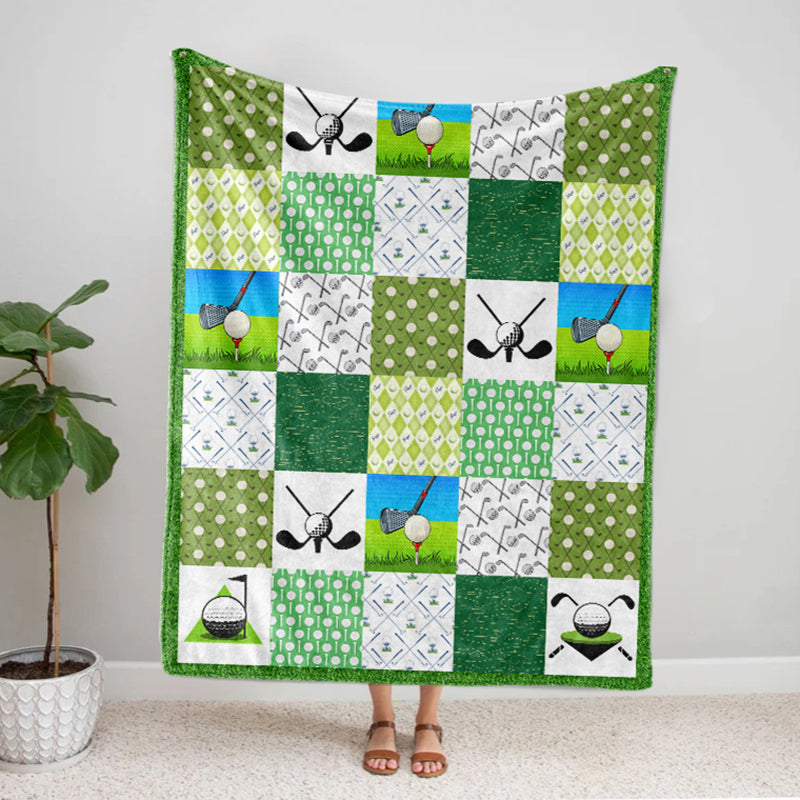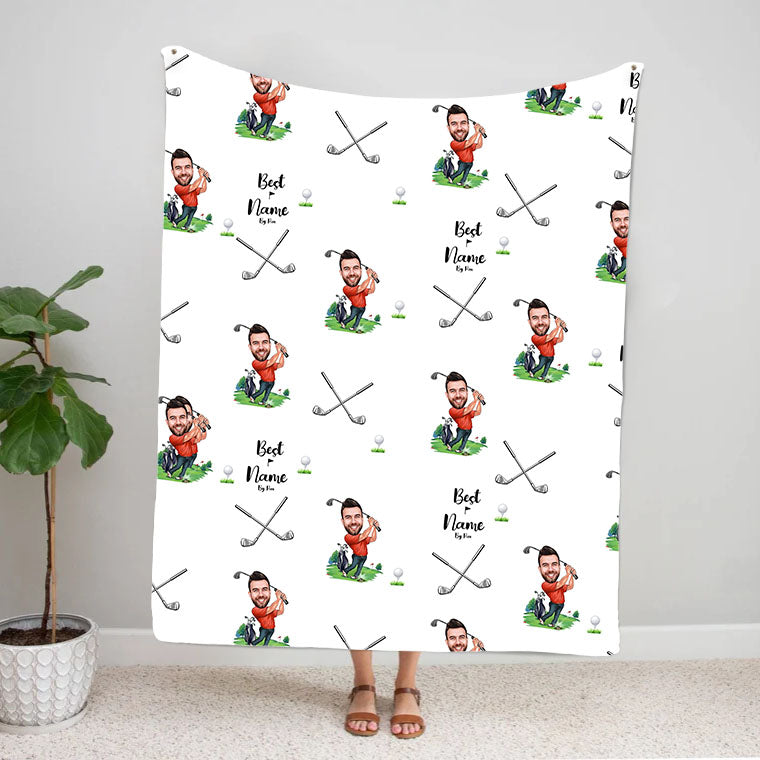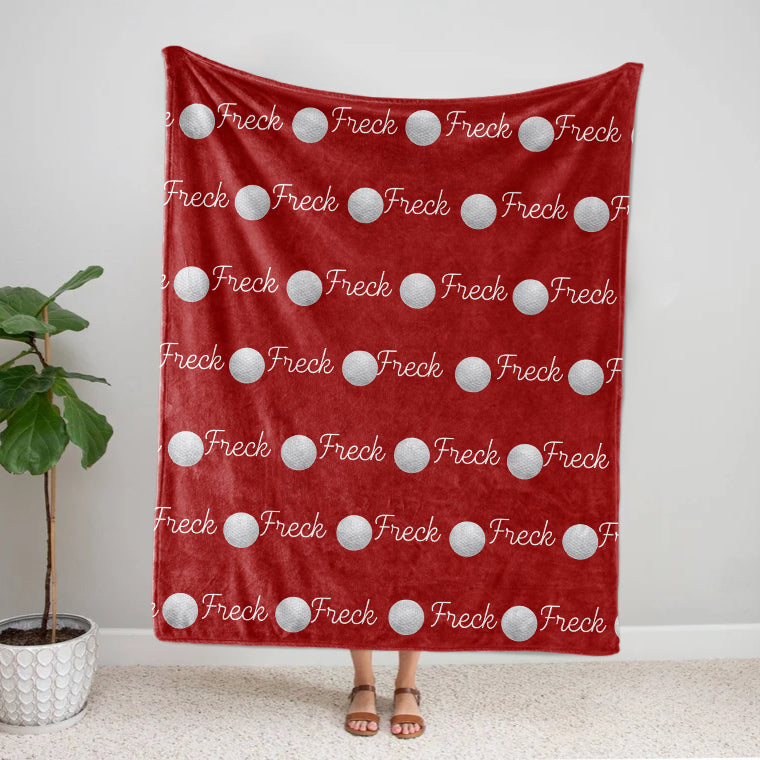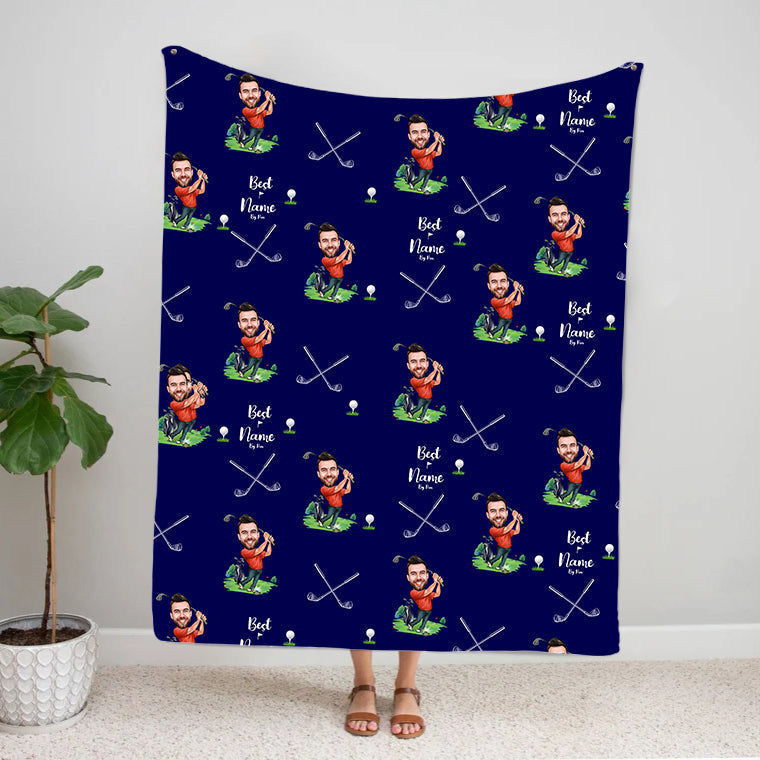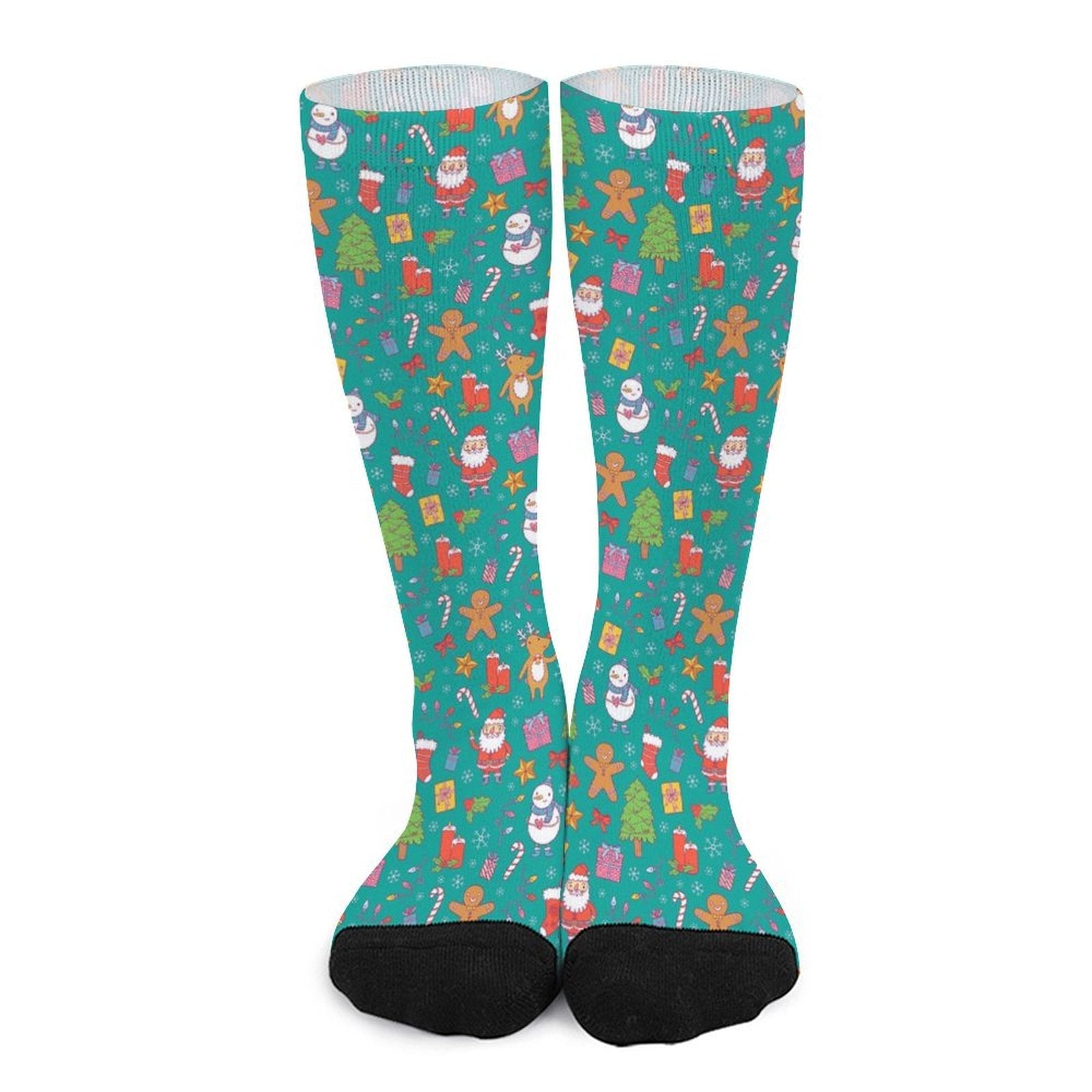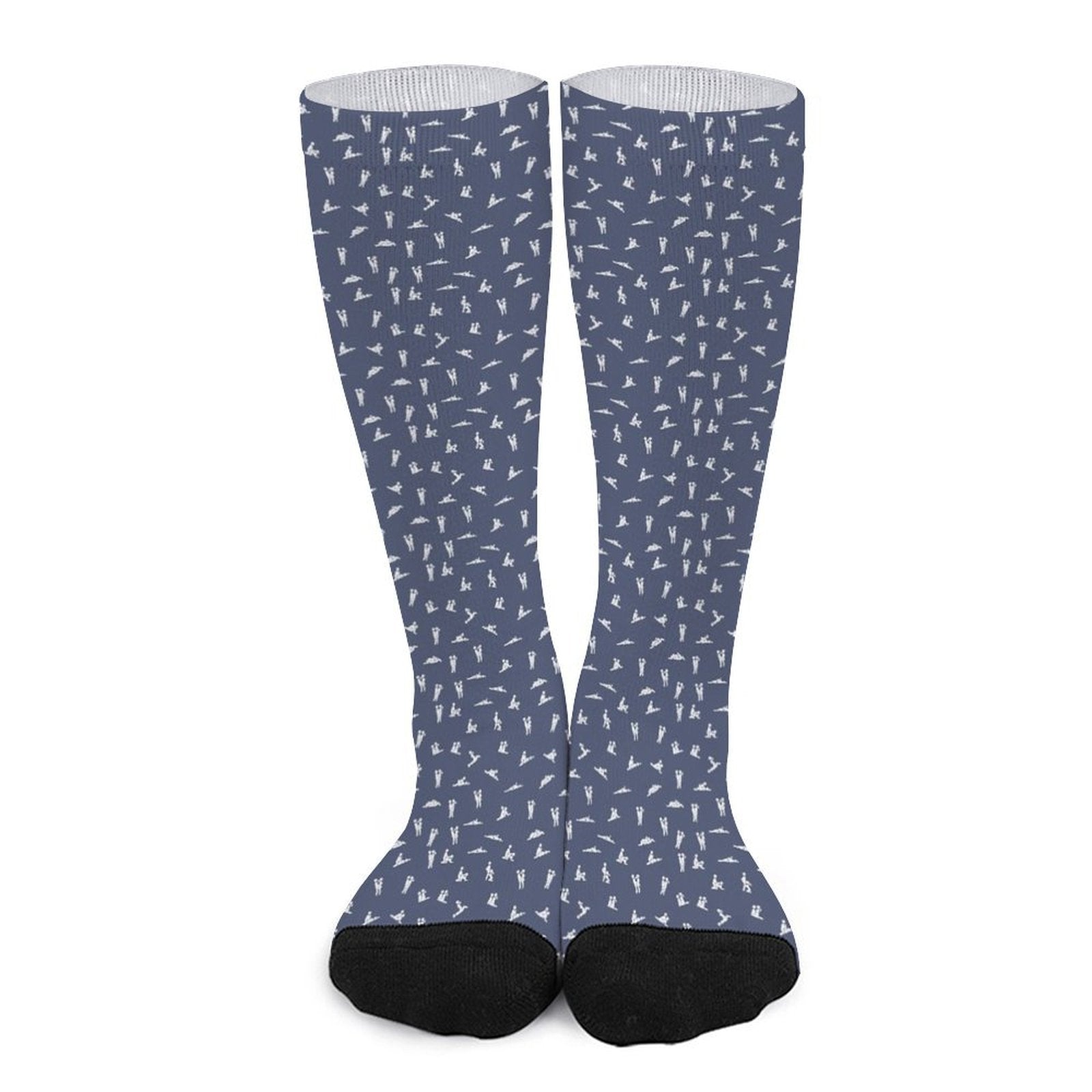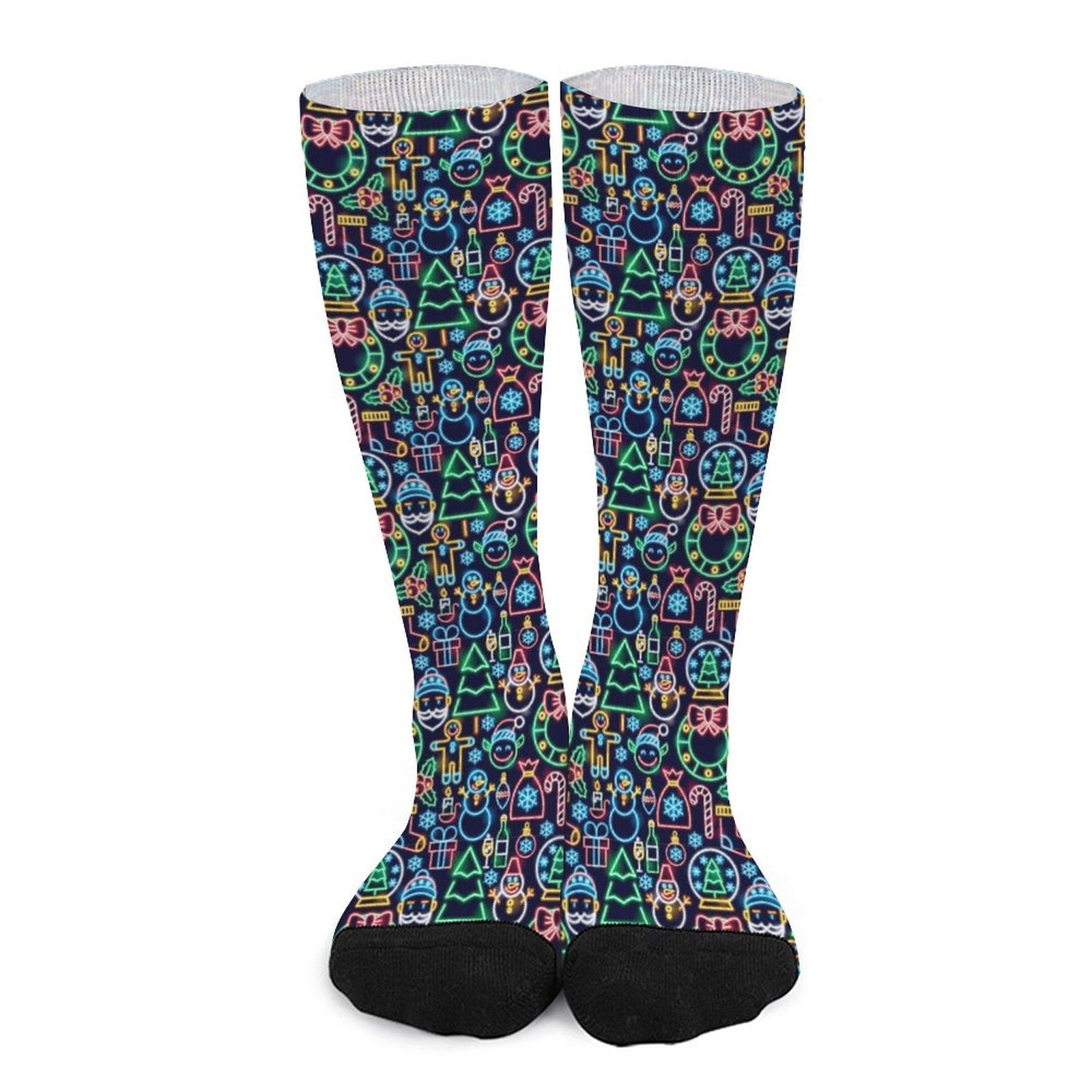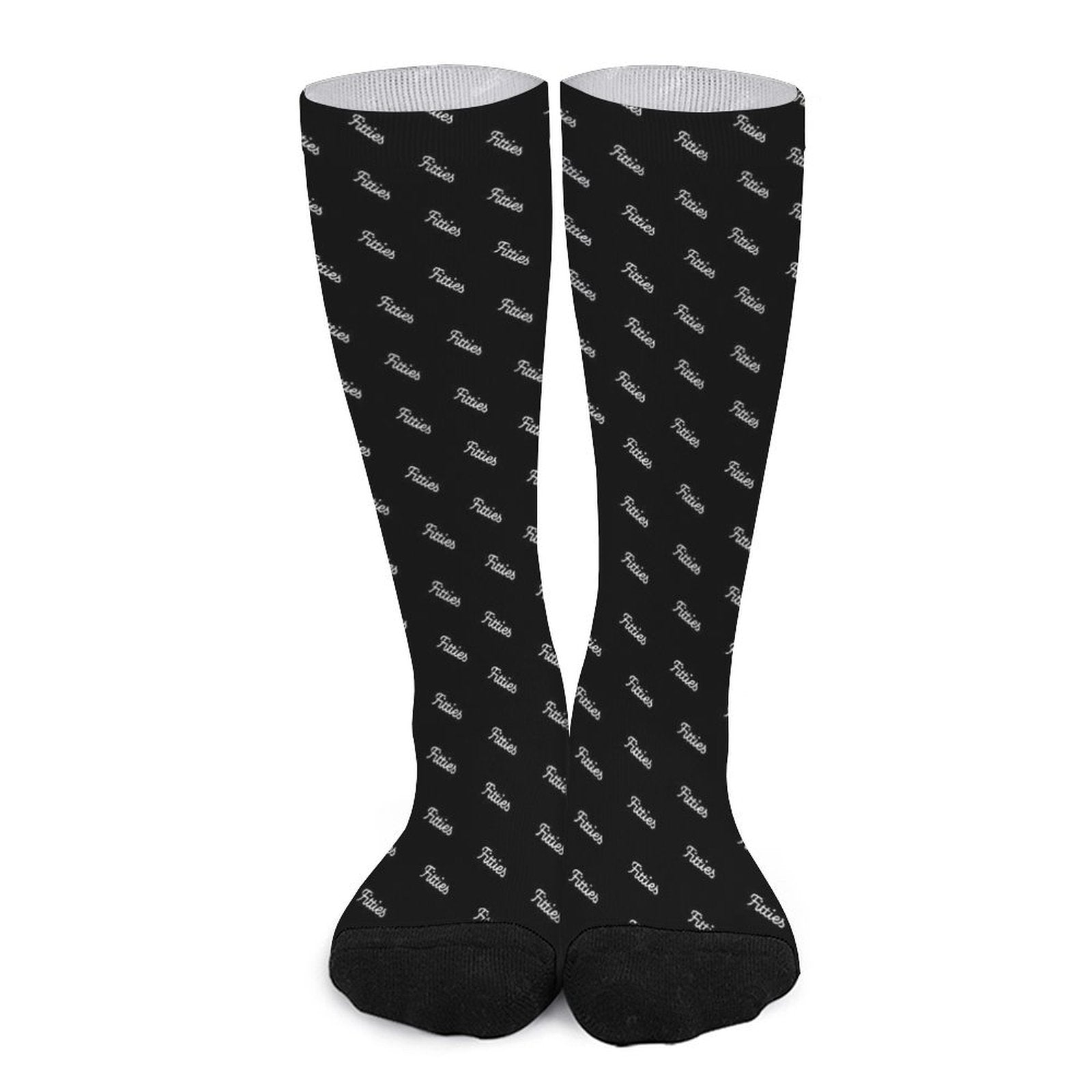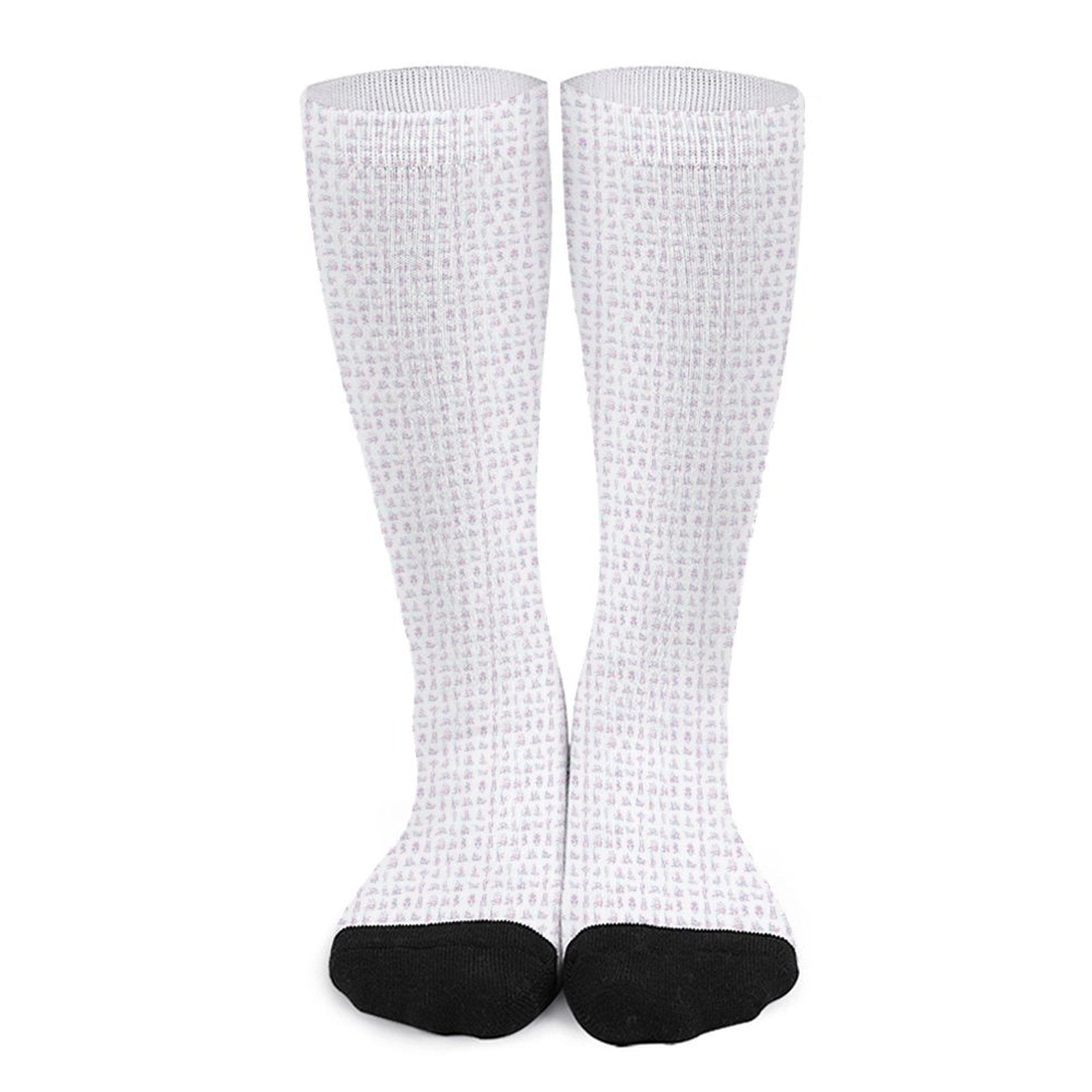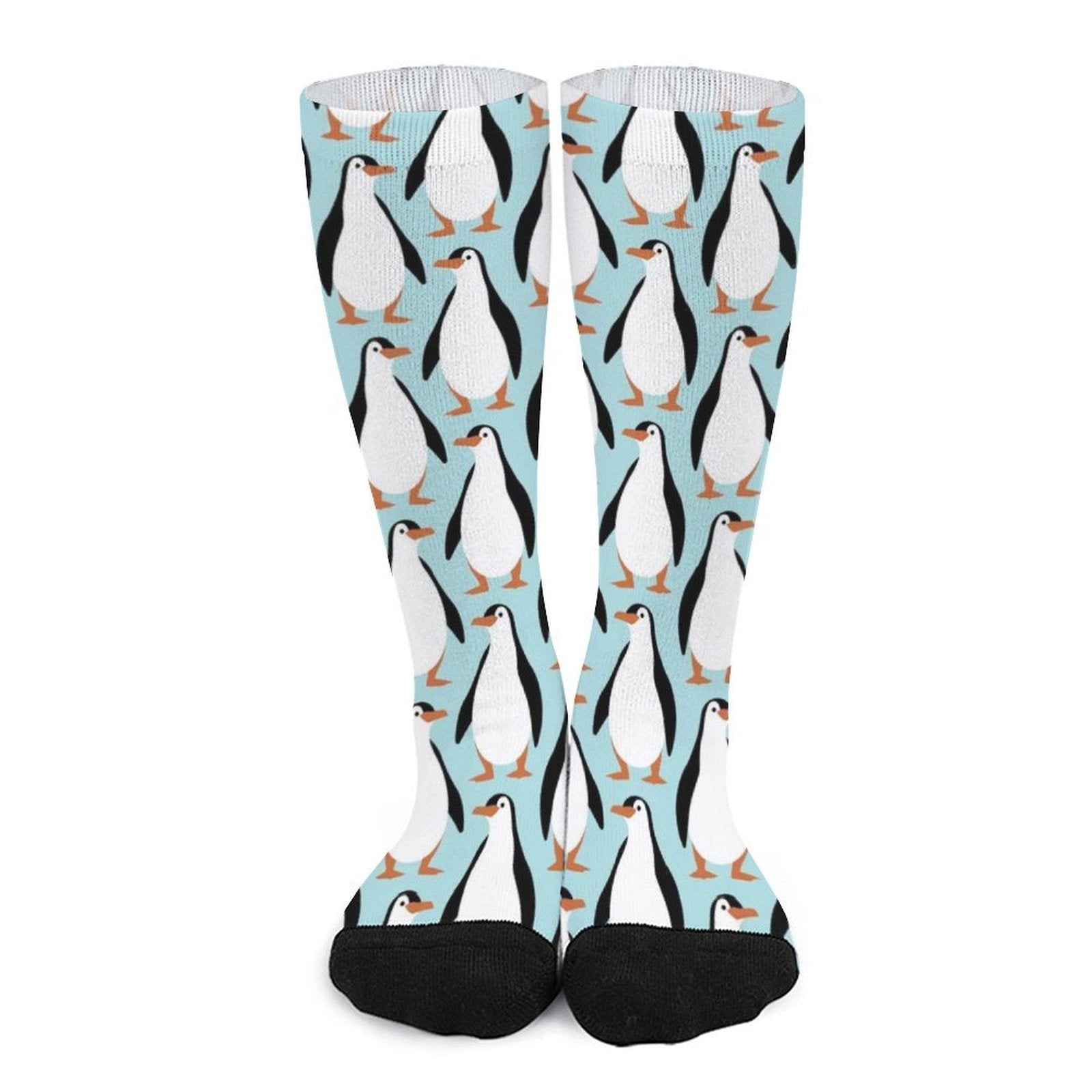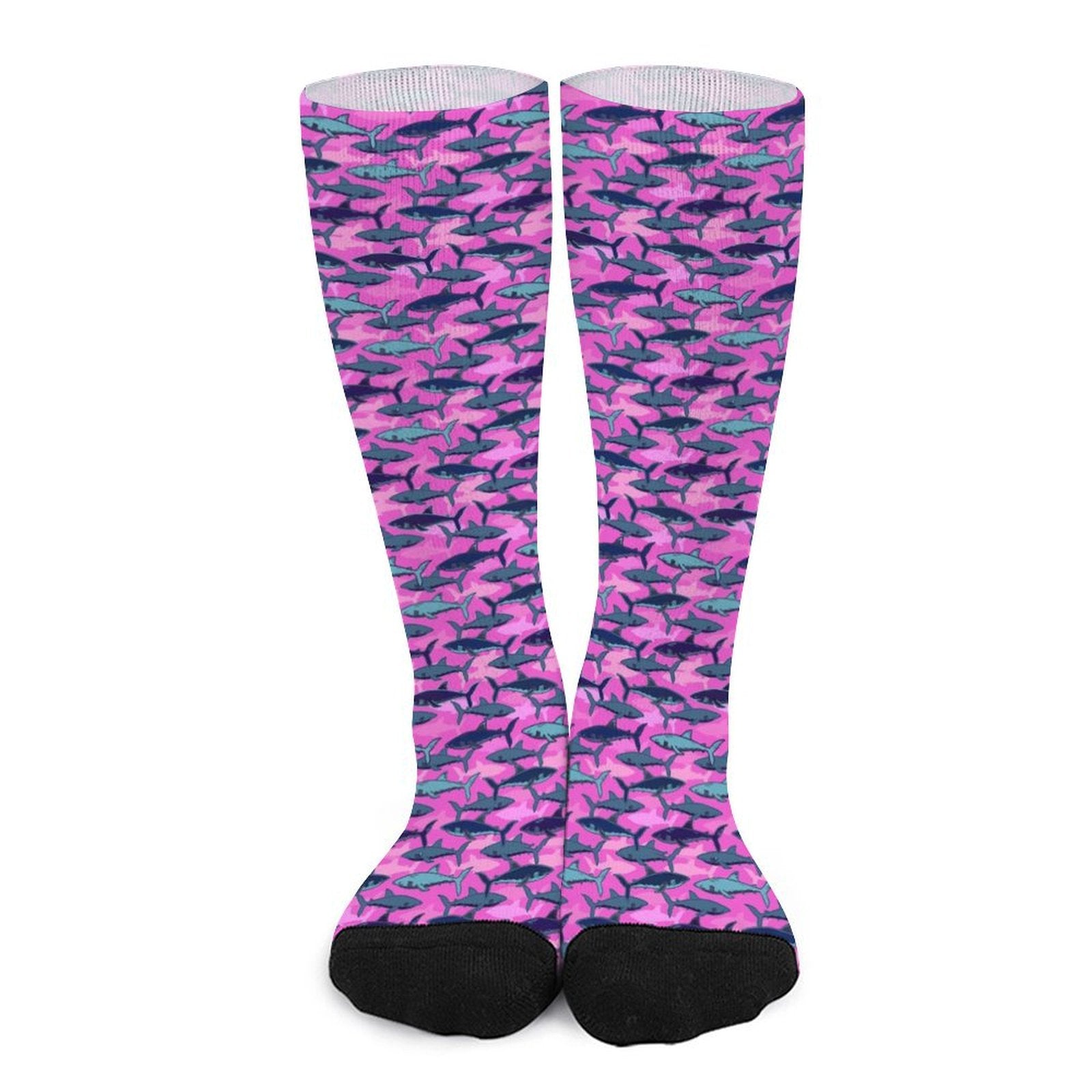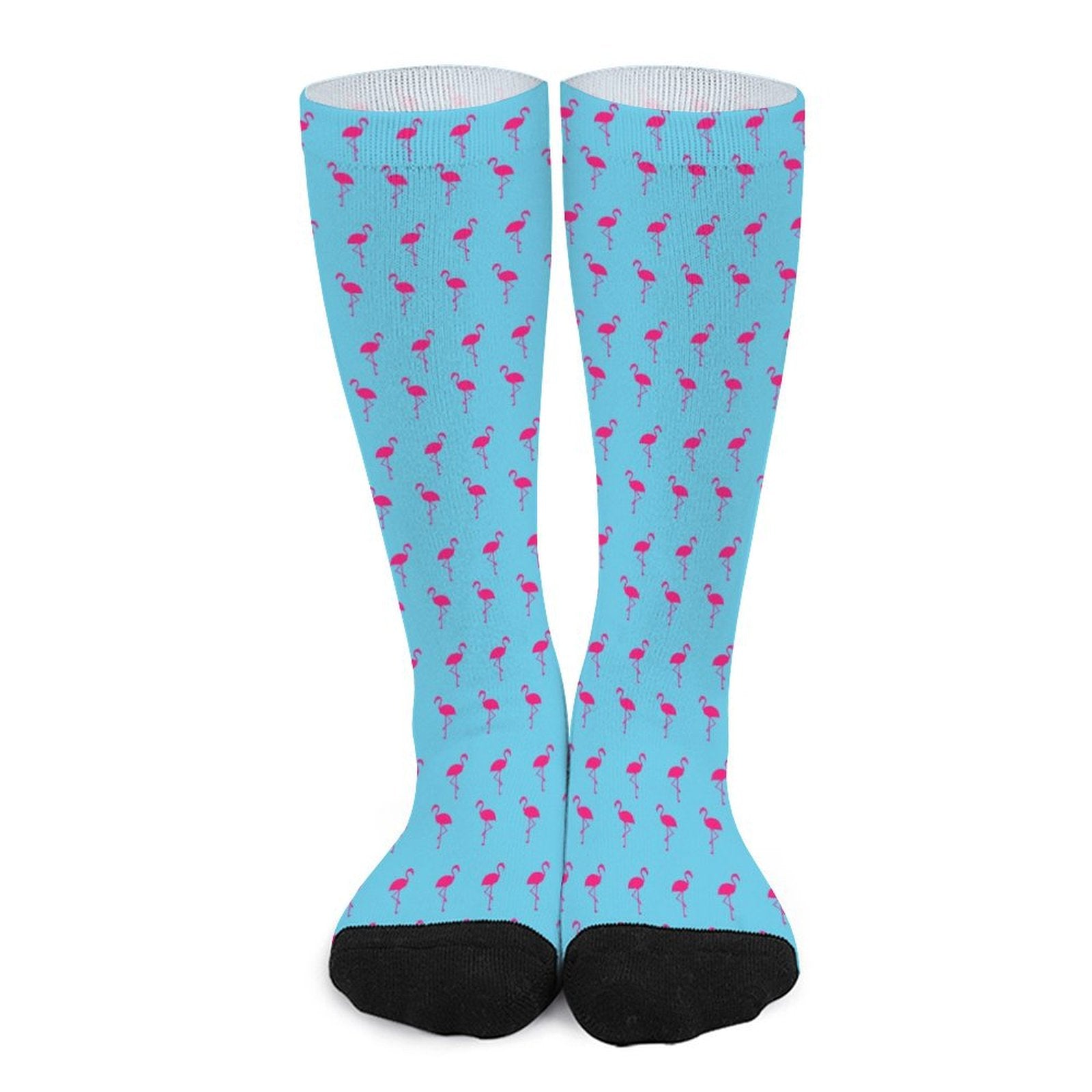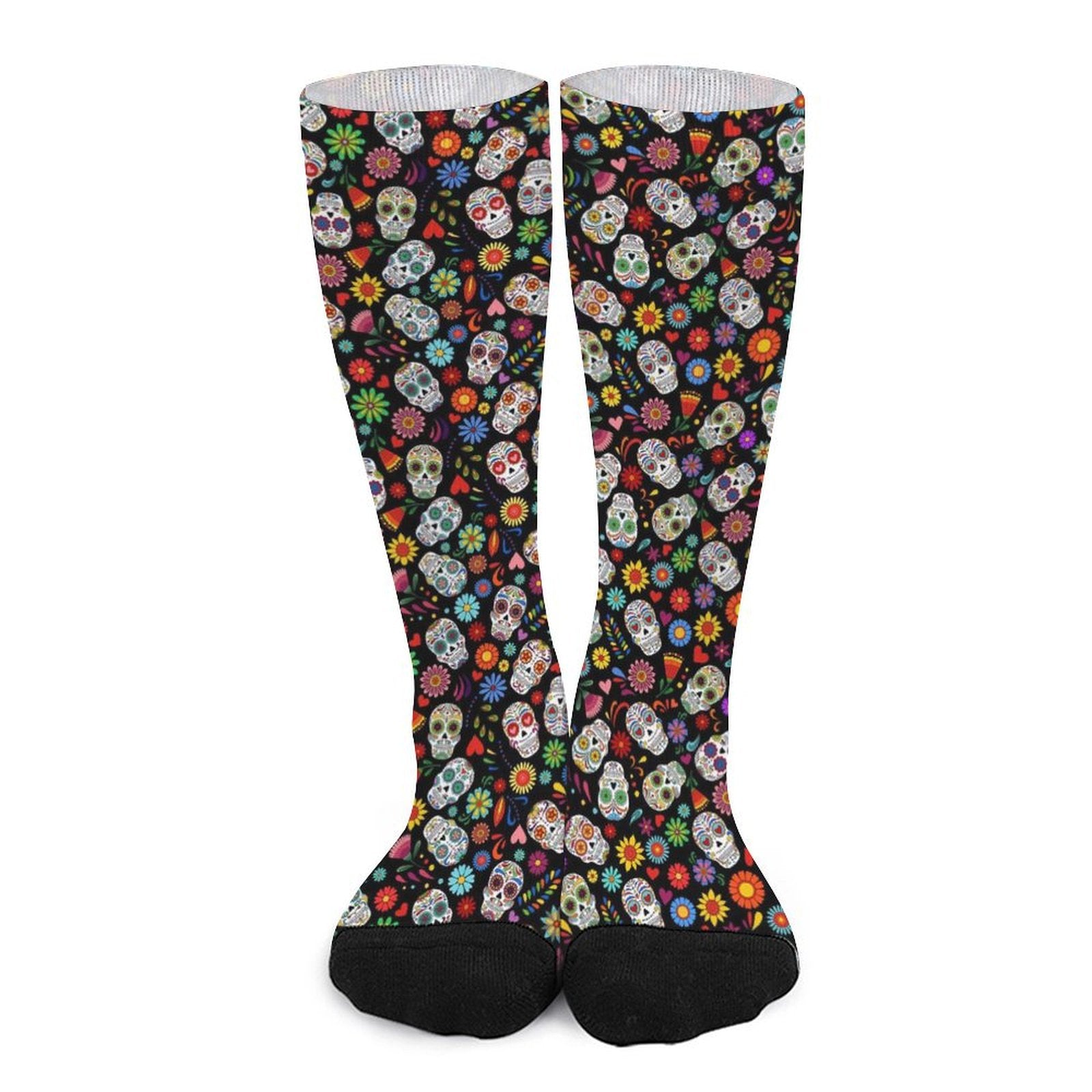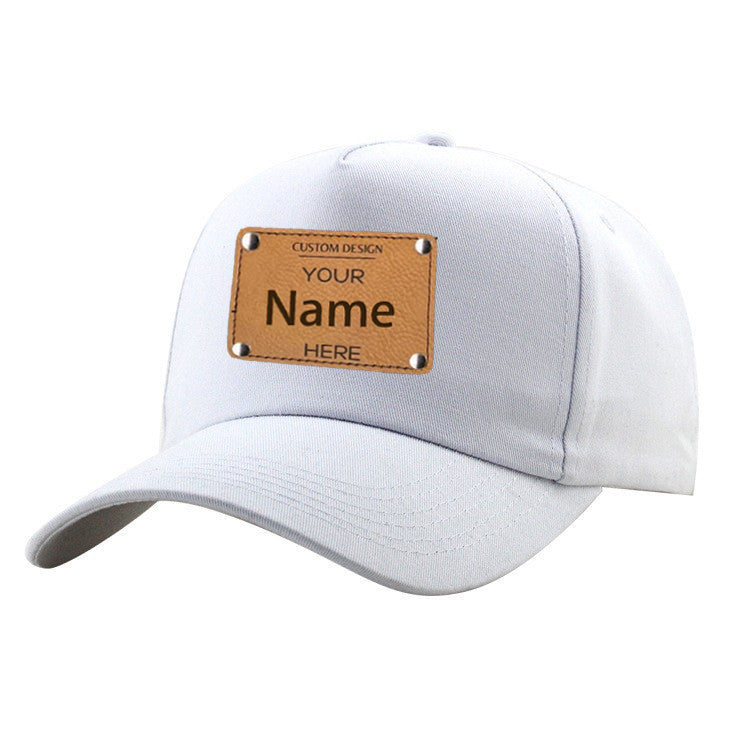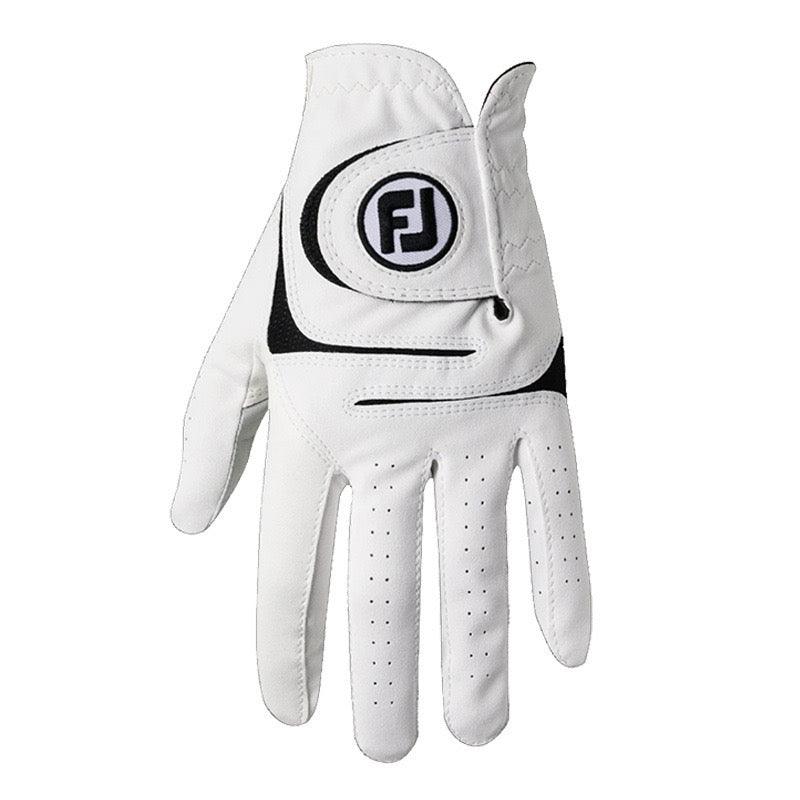
The Evolution of Golf Fashion Icons Through Time
Overview
Golf fashion has evolved from the noble styles of 15th-century Scotland to modern, vibrant expressions influenced by icons like Bobby Jones, Arnold Palmer, and Tiger Woods. Today, golfers like Rickie Fowler and Michelle Wie blend style with sustainability, reflecting a shift towards individuality and eco-consciousness in golf attire. The evolution of golf fashion signifies more than just clothing; it represents a cultural shift towards inclusivity and self-expression within the sport.
Frequently Asked Questions
1. What is the significance of golf fashion in the sport?
2. Who were some of the early fashion icons in golf?
3. How did the 1980s influence golf fashion?
4. What role does sustainability play in modern golf fashion?
5. How have contemporary golfers influenced golf fashion?
Golf has always been more than just a game; it’s a lifestyle that encompasses tradition, elegance, and, notably, fashion. Over the years, various figures in the world of golf have captured the essence of the sport through their unique styles, influencing not just golfers but the entire fashion landscape. In this article, we will delve into the history of golf fashion icons, their signature styles, and the lasting impact they have had on the sport. Get ready to tee off on a stylish journey through time!
The Early Days of Golf Fashion
Golf originated in the 15th century in Scotland, where it was primarily played by the nobility. The earliest golfers distinguished themselves with specific attire that set the tone for the sport’s fashion evolution. The classic Scottish muirhead – a heavy fabric made from wool – was commonly used, reflecting both stature and the weather conditions. As golf crossed borders, so did its fashion, evolving with cultural influences along the way.
The 1920s: The Rise of the Gentleman's Game
The 1920s were a pivotal decade in golf fashion, showcasing the emergence of the well-dressed golfer. Players like Bobby Jones popularized a polished style that emphasized tailored trousers, argyle socks, and caps. The traditional knickerbockers, often paired with a blaser and a tie, became iconic during this era, signifying the sport’s connection with sophistication.
- Bobby Jones: Often regarded as one of the greatest golfers of all time, Jones embodied the spirit of the clubman with his neat, tailored appearance.
- The introduction of brighter colors and patterns added flair to golf attire, separating golfers from other sportsmen.
- Golf shoes with spikes started to become common, providing both style and functionality.
The Mid-20th Century: Fashion Meets Function
The post-World War II era saw golf evolve into a popular pastime for the masses, with fashion closely following suit. With celebrities and socialites embracing the sport, golf fashion took on a more chic and commercial outlook.
The Influence of Arnold Palmer
Arnold Palmer emerged in the 1950s as not only a golfing legend but also a fashion icon. His relaxed style, characterized by pastel colors and stylish knit sweaters, laid the groundwork for future golfers. Palmer’s approachable and charismatic personality resonated with fans, making him the quintessential “everyman” golfer.
- Palmer’s signature look incorporated polo shirts, slacks, and elegant cardigans which complemented the image of an approachable but fashionable athlete.
- He helped push golf attire into the mainstream, making it a trend beyond the golf course.
The 1980s: Power Suits and Bold Stripes
As society progressed into the dynamic 1980s, so did golf fashion. The decade of excess saw a rise in bold designs and innovative materials. Iconic golfer Greg Norman symbolized this era with his vibrant and adventurous wardrobe choices.
The Shark's Style
Nicknamed 'The Shark,' Greg Norman’s style changed the game. He often opted for brightly colored shirts adorned with daring patterns, paired with tailored shorts. This fresh approach not only appealed to younger golfers but also inspired a new generation to embrace golf as a stylish sport.
- Norman's fearlessness in fashion paved the way for golfers to express their individuality on the green.
- The introduction of moisture-wicking fabrics revolutionized comfort on the course, solidifying fashion's role in athlete performance.
The 1990s to the Early 2000s: A Return to Classic Tradition
As the crisp aesthetic of the 1990s emerged, golf fashion began to lay tribute to its roots. Golf was increasingly seen as a sport for many, regardless of class or background, leading to a shift towards classic styles with a contemporary twist.
Influence of Tiger Woods
Tiger Woods burst onto the scene in the 1990s, quickly becoming not just a golf champion but a fashion phenomenon. His trademark red polo shirts on Sundays distinguished him on the course, becoming an iconic representation of determination and passion.
- Woods' enduring influence led to the inception of a lucrative market for branded golf apparel.
- His style often included fitted trousers and sleek caps, also appealing to younger fans seeking inspiration.
Modern Golf Fashion: A Blend of Style and Technology
In today’s golf scene, we witness a plethora of fashion choices, ranging from conservative chic to brazen avant-garde. Influenced by various trends across the globe, modern golfers now have more options than ever. The likes of Rickie Fowler and Michelle Wie have redefined golf fashion, integrating streetwear elements.
Entering New Territories with Fowler and Wie
Rickie Fowler is renowned for his fearless style choices, including vibrant colors and bold prints, often challenging traditional norms. On the other hand, Michelle Wie has become a fashion icon for women golfers, combining elegance and athleticism while representing female empowerment in the sport.
- Fowler’s trend-setting looks appeal to the younger audience, transforming the perception of golf attire.
- Wie’s approach, merging high fashion with practicality, influences aspiring female golfers everywhere.
Sustainable Fashion: The Future of Golf Attire
As we navigate through contemporary concerns about sustainability, the golf fashion industry is slowly but surely embracing eco-friendly practices. Many brands are now focusing on creating stylish apparel made from recycled materials or sustainably sourced fabrics.
Eco-Friendly Champions
Golf icons like Justin Thomas are vocal advocates for sustainability, often promoting brands that prioritize eco-conscious practices. As golfers aim to lower their carbon footprints, the industry is responding by investing in technological advancements that foster environmental responsibility.
- Emphasis on sustainability offers golfers a chance to wear their values while outperforming on the greens.
- Young golfers are leaning towards brands that are committed to ethical production, merging conscience with style.
The Lasting Influence of Golf Fashion Icons
From influential figures in the past to modern-day style setters, the evolution of golf fashion remains a dynamic and ever-changing aspect of the sport. Each icon has left an indelible mark on how golfers dress, ensuring that appearance and personal style matter just as much as skill.
The Impact Beyond the Course
The revolution in golf fashion signifies more than just attire—it encapsulates a shift in attitudes towards the sport, inclusivity, and self-expression. Golfers today are empowered to embrace their individuality, leading to wider acceptance of diverse styles on the course.
- The growth of social media platforms allows golfers to showcase their style, inspiring others to confidently express themselves.
- Fashion collaborations and partnerships with designers have introduced limited-edition lines that echo the ethos of successful golfers.
Bringing It All Together
As we reflect on the rich history of golf fashion and its iconic figures, it’s clear that the perfect blend of tradition and innovation continues to shape how we perceive and experience the game. Whether you find inspiration from the classic styles of Arnold Palmer or the cutting-edge looks of Rickie Fowler, there’s no denying that golf fashion has come a long way. Moving forward, we can anticipate even more exciting developments in both style and sustainability, ensuring that golfers not only look good on the course but also feel good about their choices off of it.

